 12033 Page views
12033 Page views
Founded Year : 1888
The Mumbai Municipal Corporation is also known as the Brihanmumbai Municipal Corporation (BMC). It is the governing civic body of Mumbai, the capital city of Maharashtra in India.
The corporation administers as per the provisions of Mumbai Municipal Corporation Act, 1888, referred to as the City of Bombay Municipal Act, 1888. The Bill embodying the provision of this Act, was first published by the Governor of Bombay on 14th September, 1888. The area was extended on 01.02.1957 and the Corporation is known as 'Municipal Corporation of Greater Mumbai (MCGM)'.
The BMC is responsible for providing civic services and maintaining infrastructure within the city limits. The BMC is divided into several departments, each responsible for a specific area of governance, such as the water department, solid waste management department, and health department. The corporation is also responsible for collecting property tax and other revenues to fund its operations.
The territorial area of the Municipal Corporation of Greater Mumbai is 437.71 Sq. Kms. in which area of City zone is 68.71 Sq. Kms., area of Western Suburban zone is 210.54 Sq. Kms. and area of Eastern Suburban zone is 158.46 Sq. kms. On the basis of Census of 2011, population of Mumbai Municipal Corporation is about 1.25 crore.
Over the years, the BMC has been involved in several major developments in the city, some of which are:
Infrastructure development:
The BMC has been involved in the construction of several major infrastructure projects in Mumbai, such as the Bandra-Worli Sea Link, the Eastern Freeway, and the Mumbai Metro.
Waste management:
The BMC has been working to improve waste management in Mumbai by implementing measures such as waste segregation at source, door-to-door collection of waste, and the establishment of waste processing plants.
Disaster management:
The BMC has been involved in disaster management efforts in Mumbai, particularly in the wake of natural disasters such as floods and cyclones. The BMC has set up disaster response teams and emergency shelters to provide assistance to those affected by disasters.
Health care:
The BMC runs several hospitals and clinics in Mumbai and has been involved in the development of the health care infrastructure in the city. The BMC has also been involved in the vaccination drive against COVID-19 in Mumbai.
Education:
The BMC is responsible for the administration of several schools in Mumbai and has been working to improve the quality of education in the city. The BMC has also been involved in the development of vocational training programs and adult education initiatives.
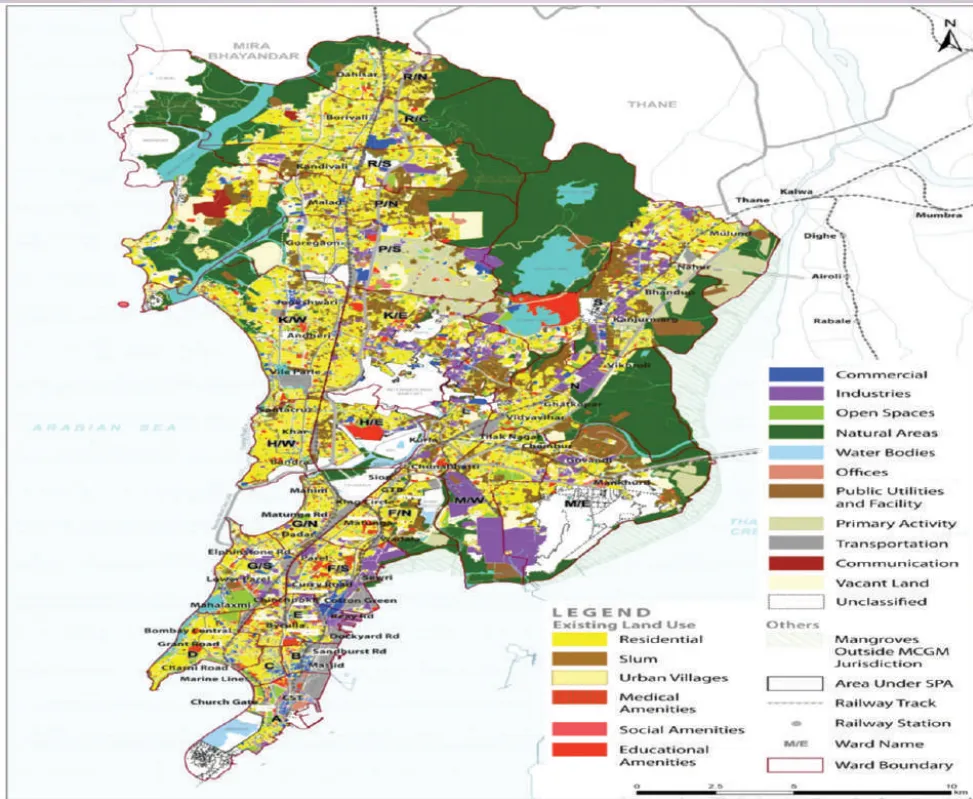
Mumbai was the first city Municipal Corporation to adopt the concept of a development plan and the first development plan was formulated in 1964 and was sanctioned in 1967. The second development plan came into force in 1991-94 and was valid upto 2013 and now new plan for 2014-34 was submitted for approval.
The DP 2034 is a comprehensive plan that seeks to balance the needs of different stakeholders while ensuring sustainable development of the city. Some of the key highlights of the DP 2034 are:
Land use planning:
The DP 2034 proposes to allocate land for various uses such as residential, commercial, industrial, and public facilities. It also aims to protect ecologically sensitive areas and heritage structures.
Affordable housing:
The latest Development Plan (DP 2034) aims to provide affordable housing for all by encouraging the development of rental housing, transit-oriented development, and redevelopment of old and dilapidated buildings.
Transportation:
The DP 2034 proposes to develop a comprehensive transportation network that includes the expansion of the Mumbai Metro, the suburban railway system, and the development of a coastal road. It also aims to promote non-motorized transport such as cycling and walking.
Infrastructure:
The DP 2034 proposes to develop infrastructure such as water supply, sewage treatment, solid waste management, and drainage systems to meet the growing needs of the city.
Open spaces:
The DP 2034 aims to increase the availability of open spaces in the city by creating new parks, gardens, and playgrounds.
The Brihanmumbai Municipal Corporation (BMC) has undertaken several major initiatives to improve the quality of life for the citizens of Mumbai. Here are some of the significant initiatives taken by BMC till date:
Some of the significant digital initiatives taken by BMC:
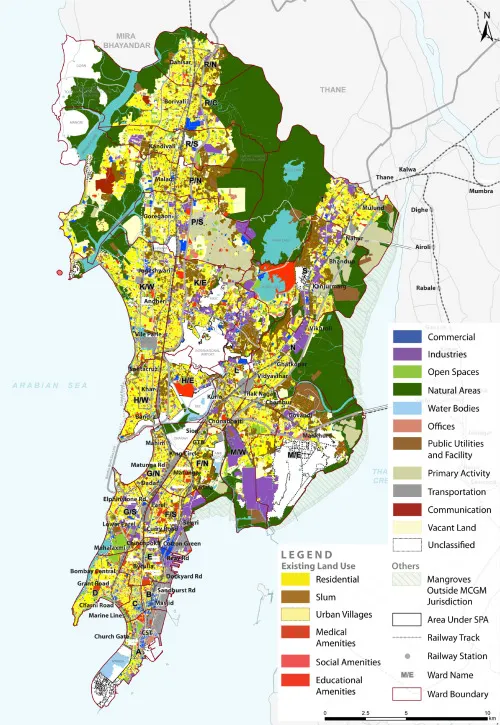
The BMC covers an area of approximately 480.24 square kilometers (185.77 square miles), and is responsible for providing a range of civic services to the citizens of Mumbai.
The BMC's jurisdiction covers the following areas in Mumbai:
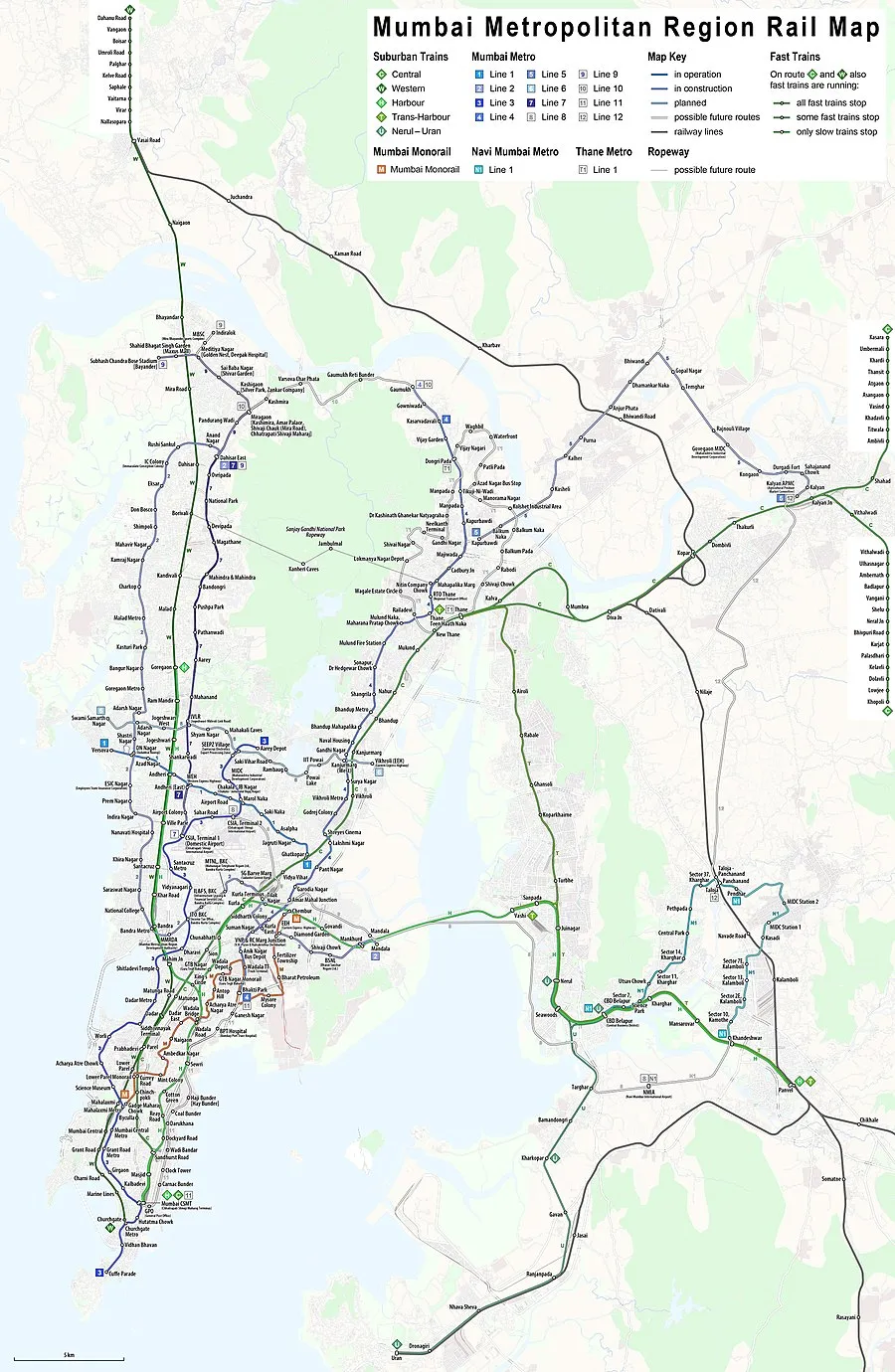
The Brihanmumbai Municipal Corporation (BMC) is the governing civic body of Mumbai, and it is responsible for coordinating with other agencies for the development of various transportation projects, including the metro rail network.
Line 1 (Blue Line): This is the first operational metro line in Mumbai, also known as the Versova-Andheri-Ghatkopar (VAG) corridor. It runs for 11.4 kilometers (7.1 miles) and connects the western suburbs of Mumbai to the eastern suburbs.
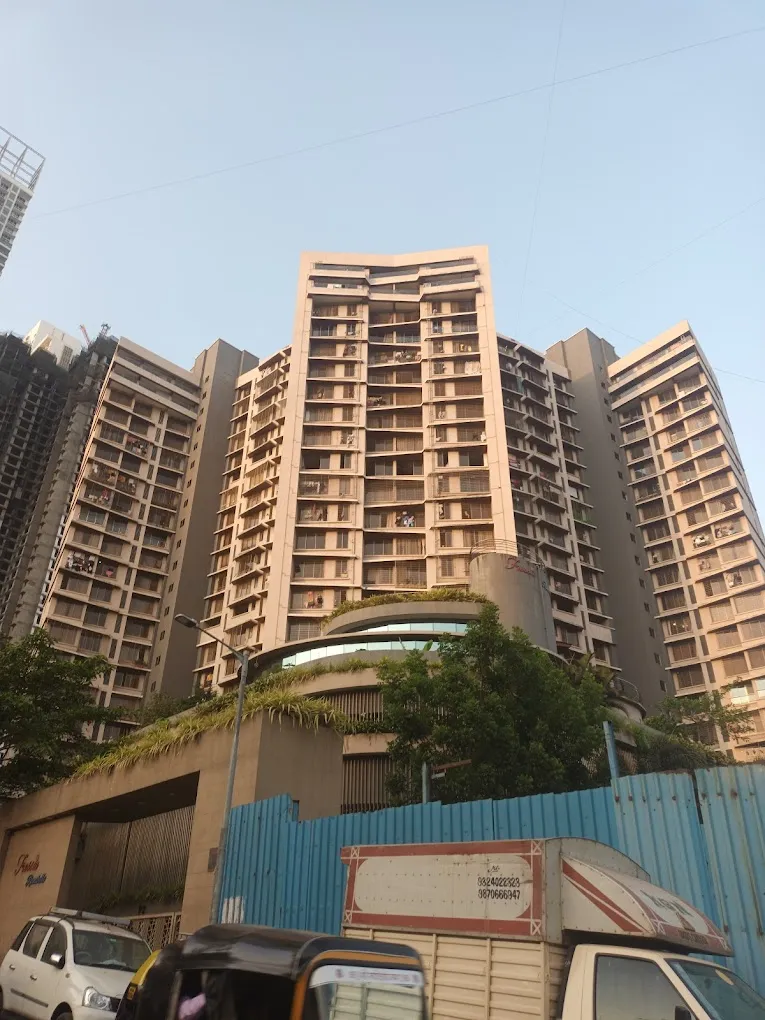
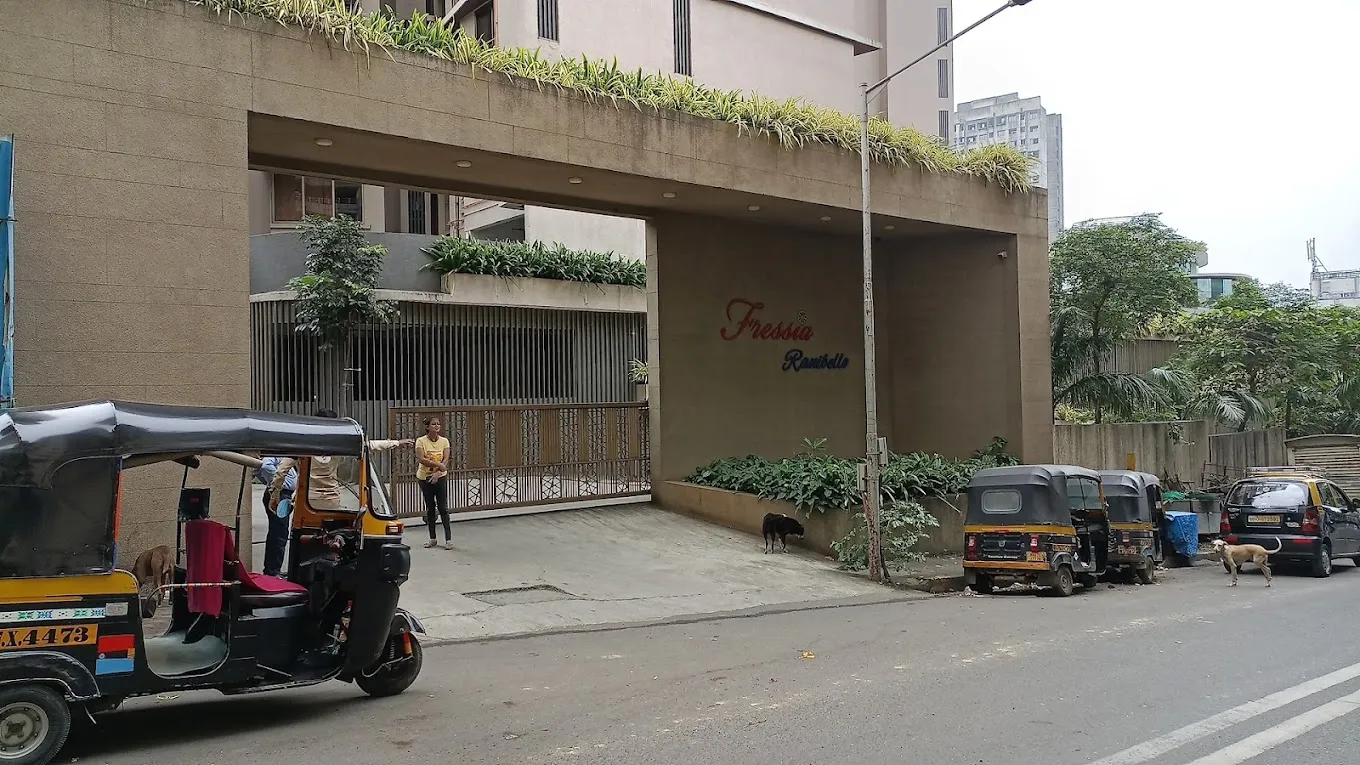
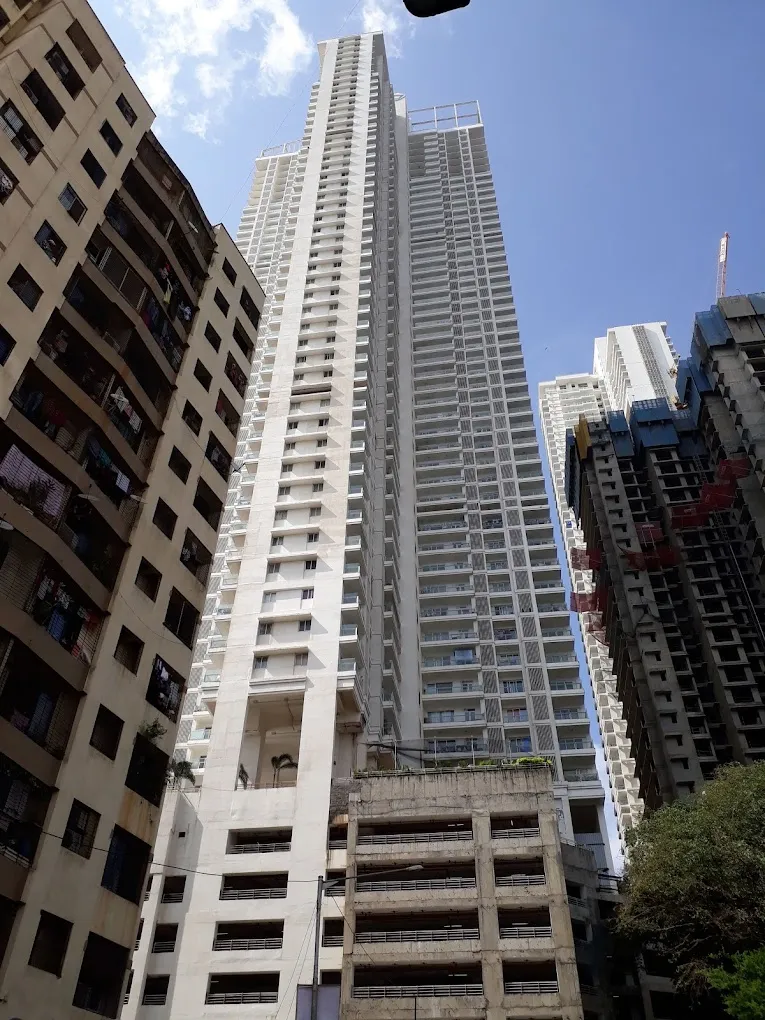
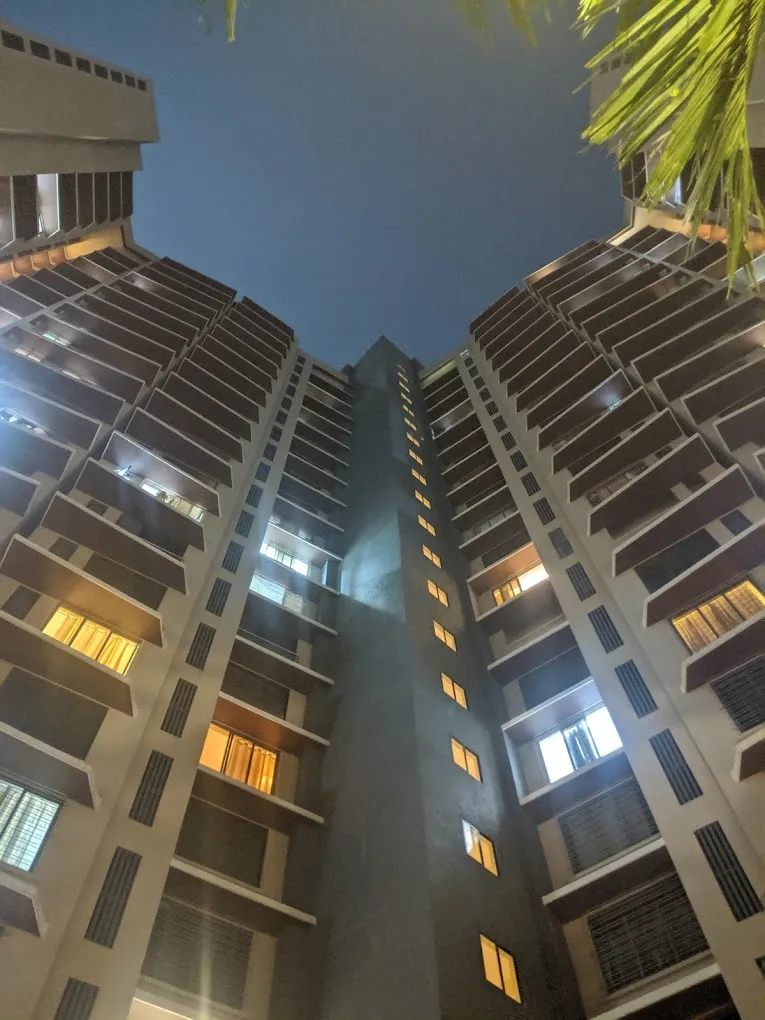
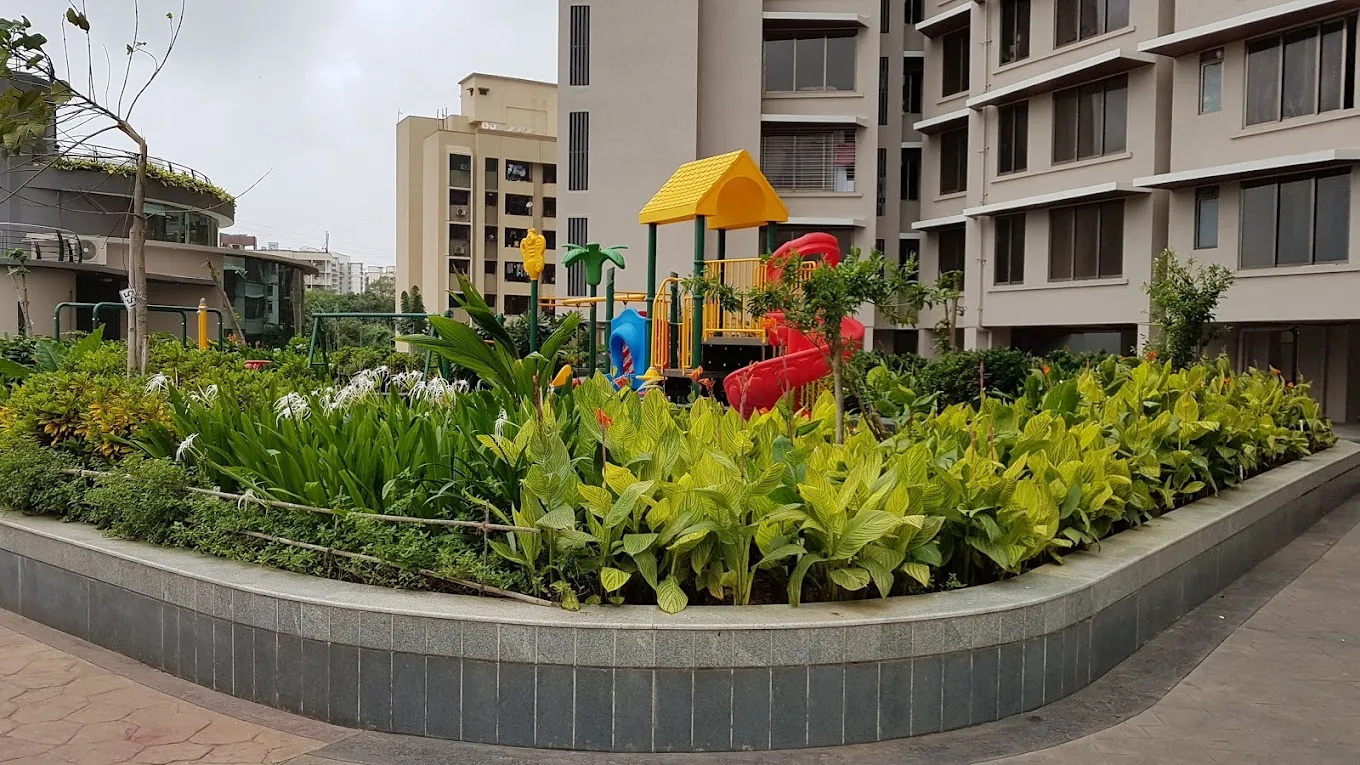
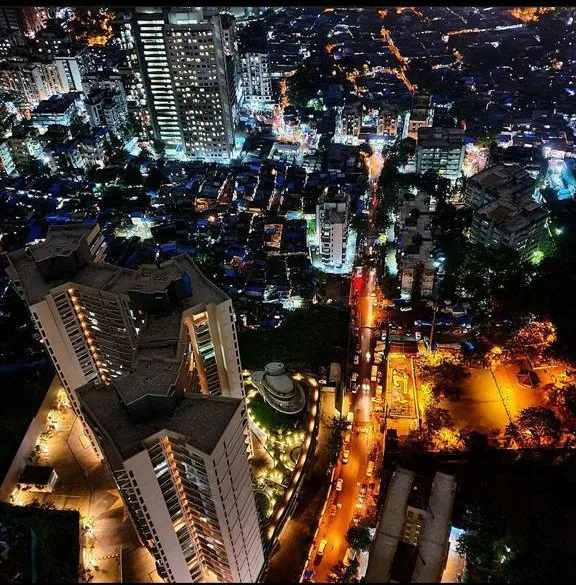
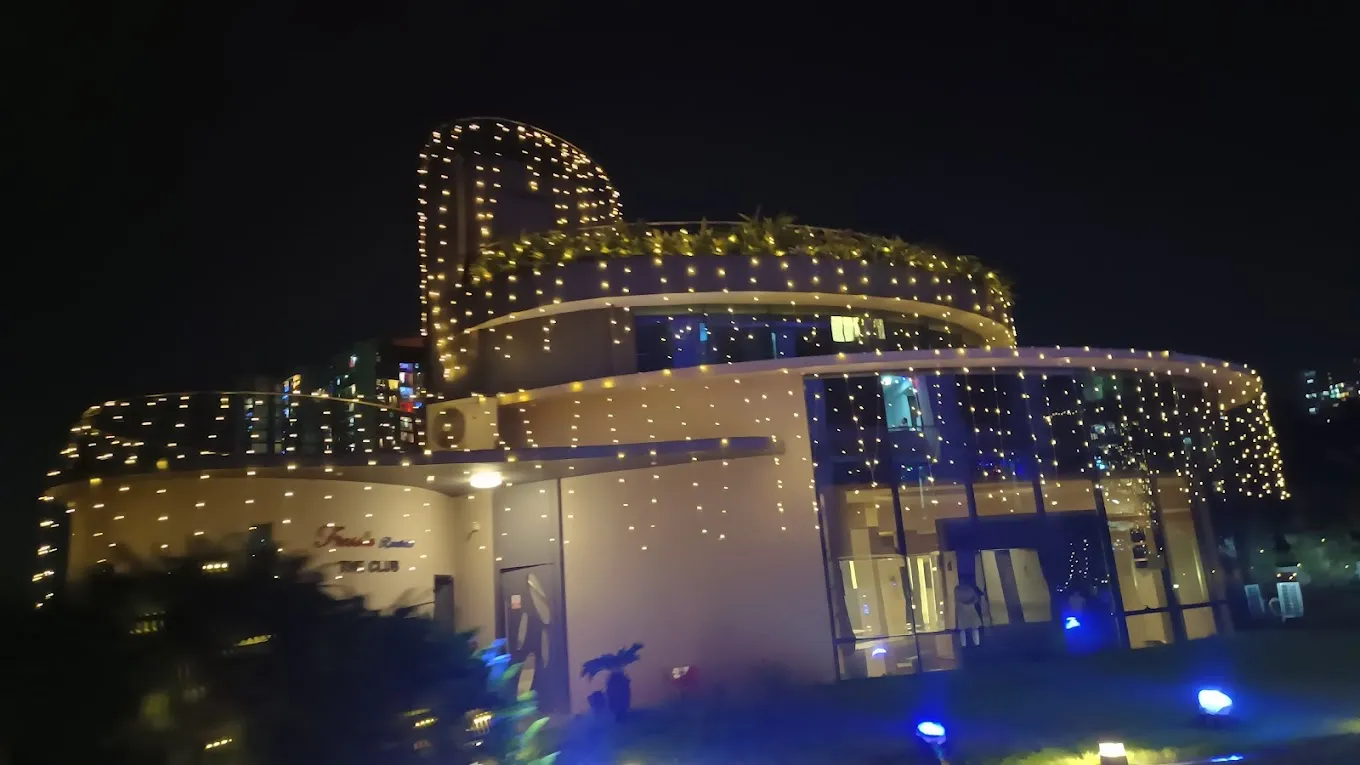
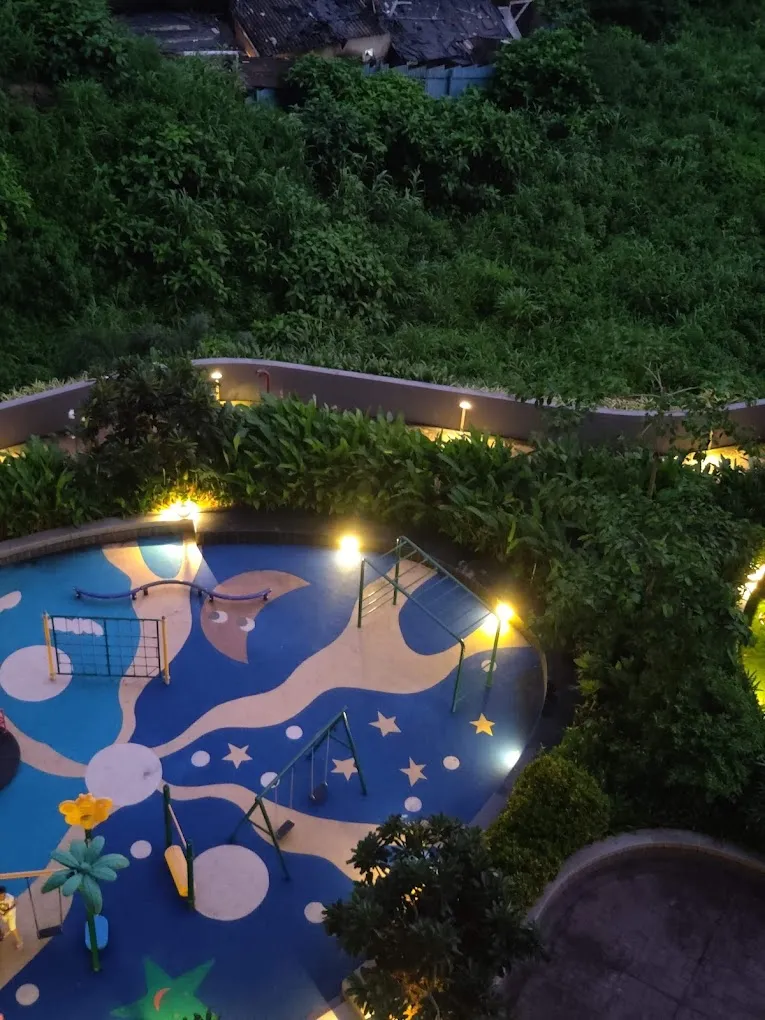
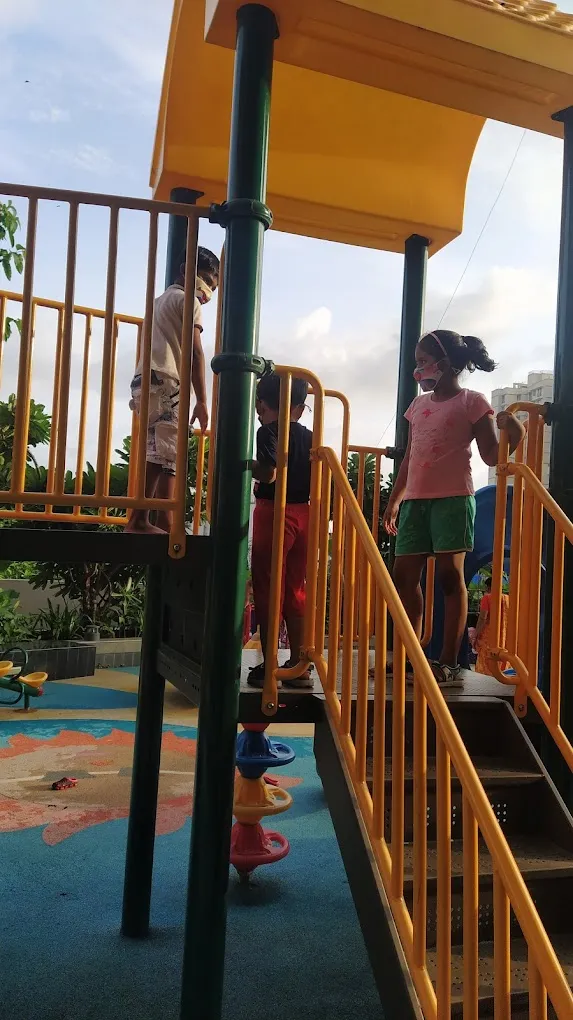
EMI Starting : ₹ 1,04,160

Lucent Infra Projects Pvt. Ltd.
|
Starting : |
₹ 1.55 Cr |
Mumbai Western Suburbs , Mumbai
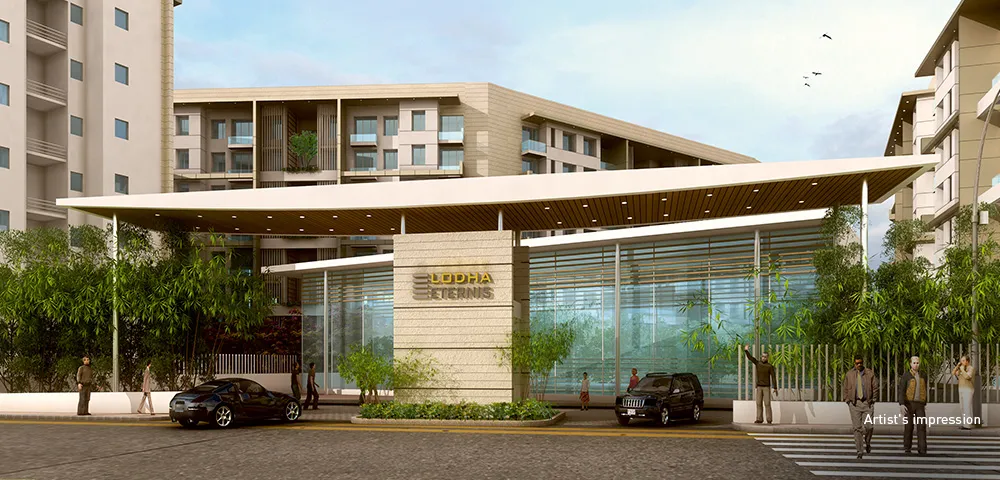
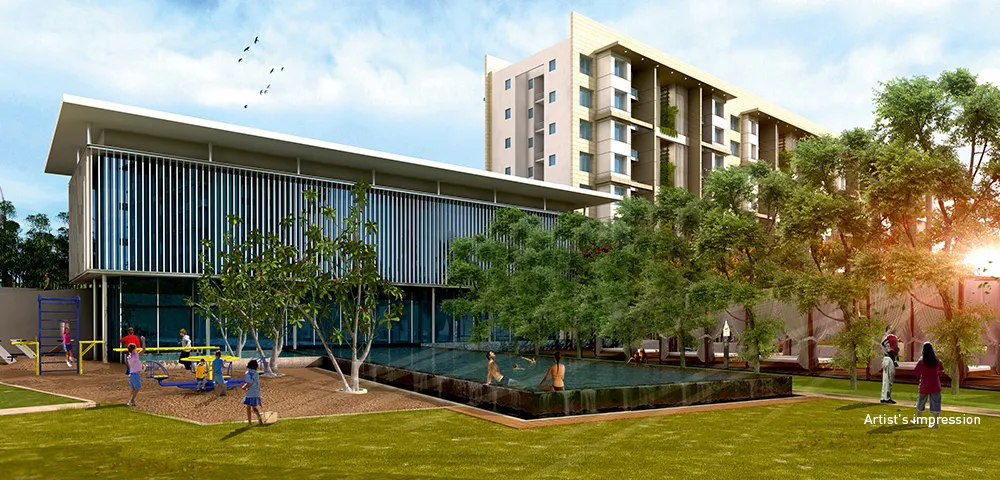
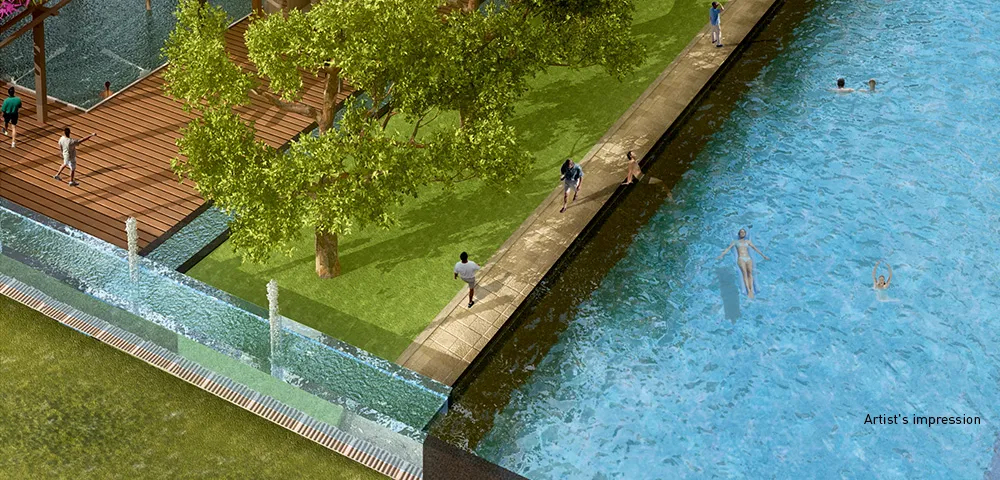
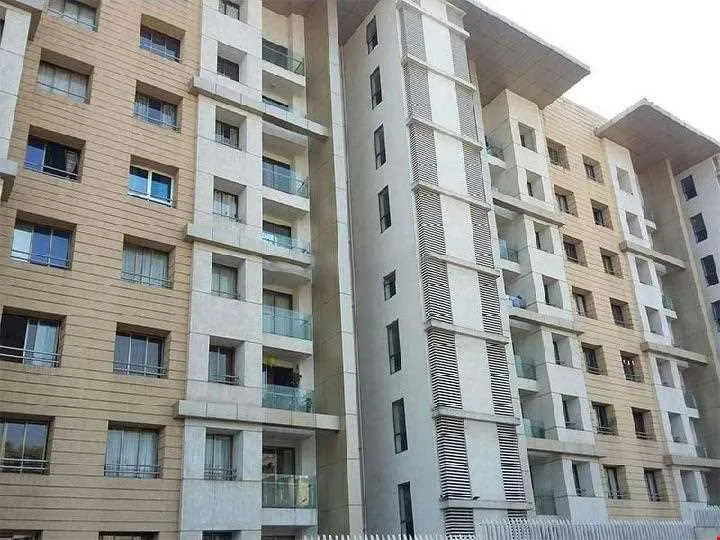
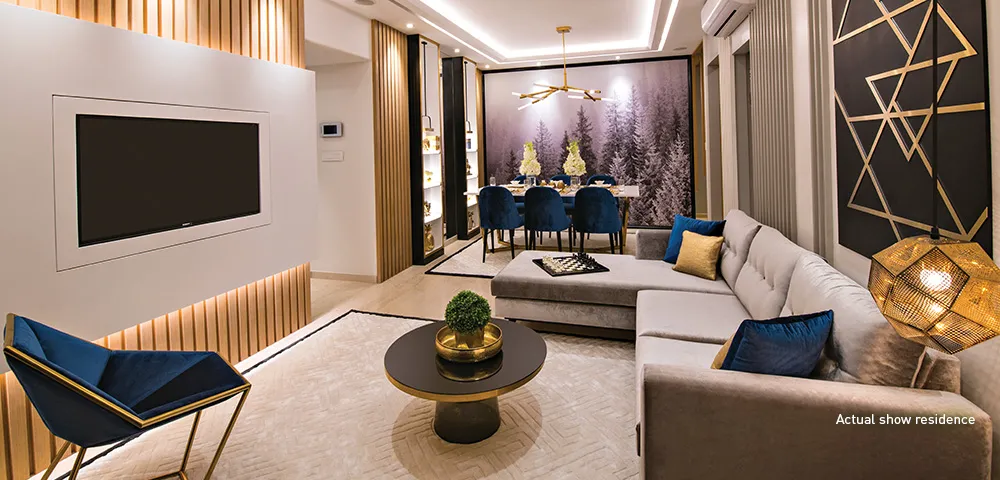


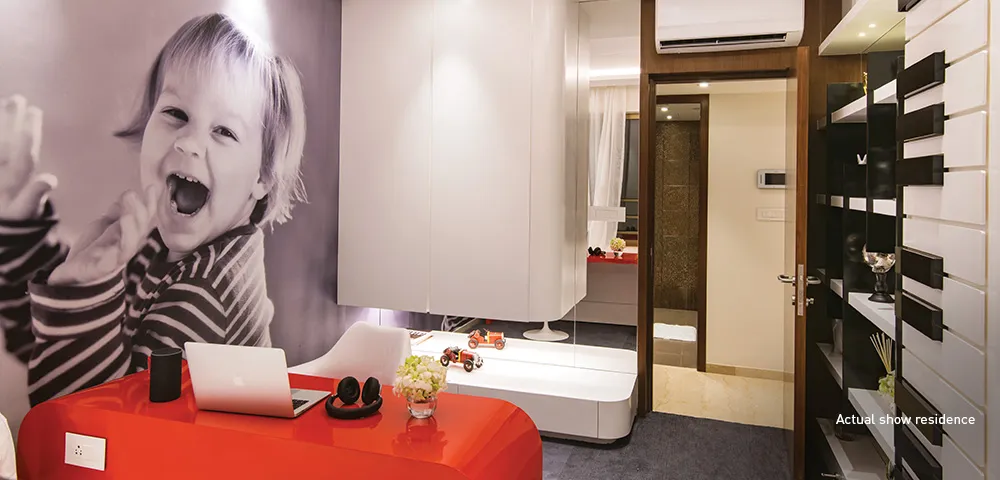
EMI Starting : ₹ 1,14,240

Lodha Group
|
Starting : |
₹ 1.7 Cr |
Mumbai Western Suburbs , Mumbai
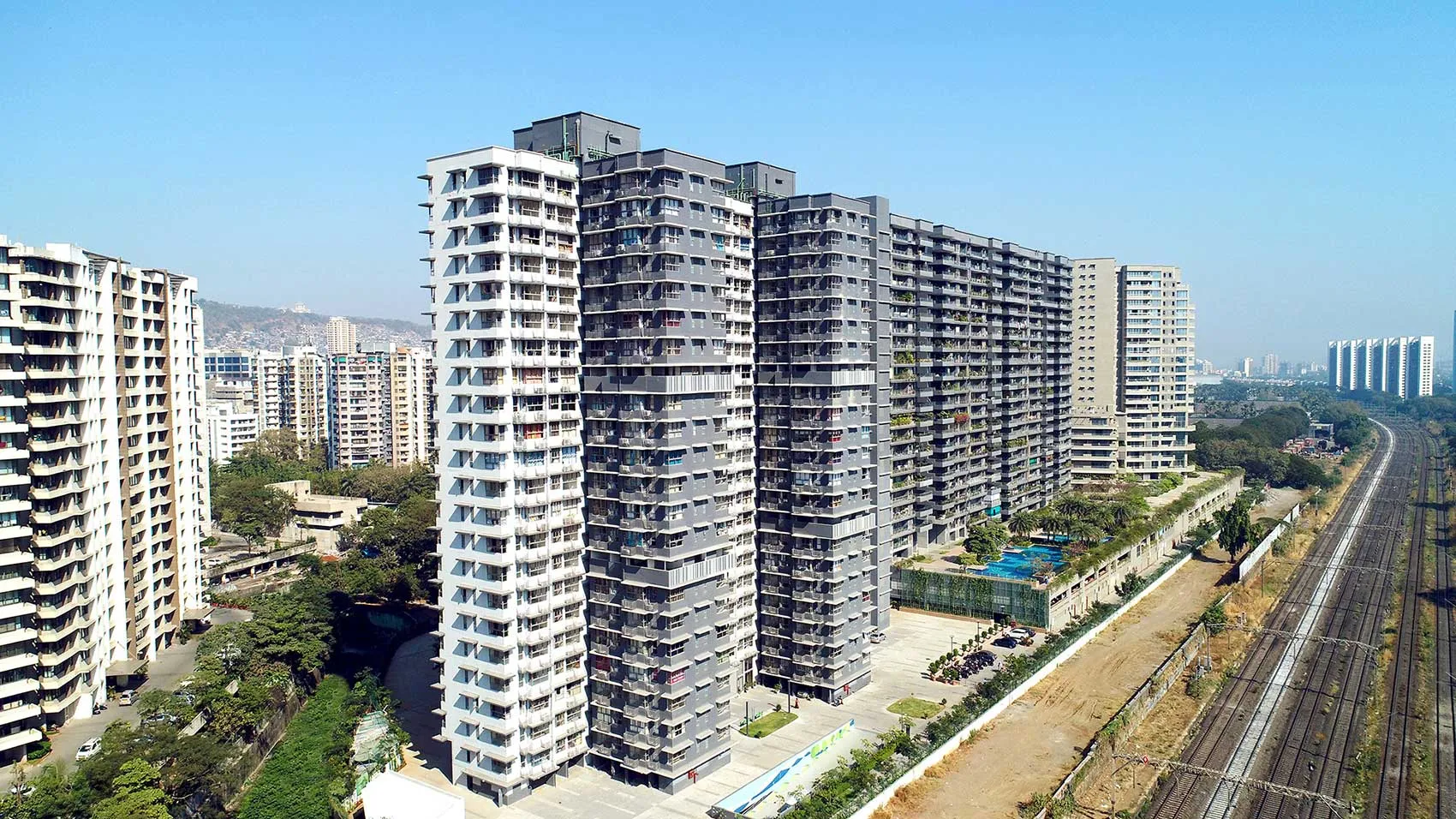
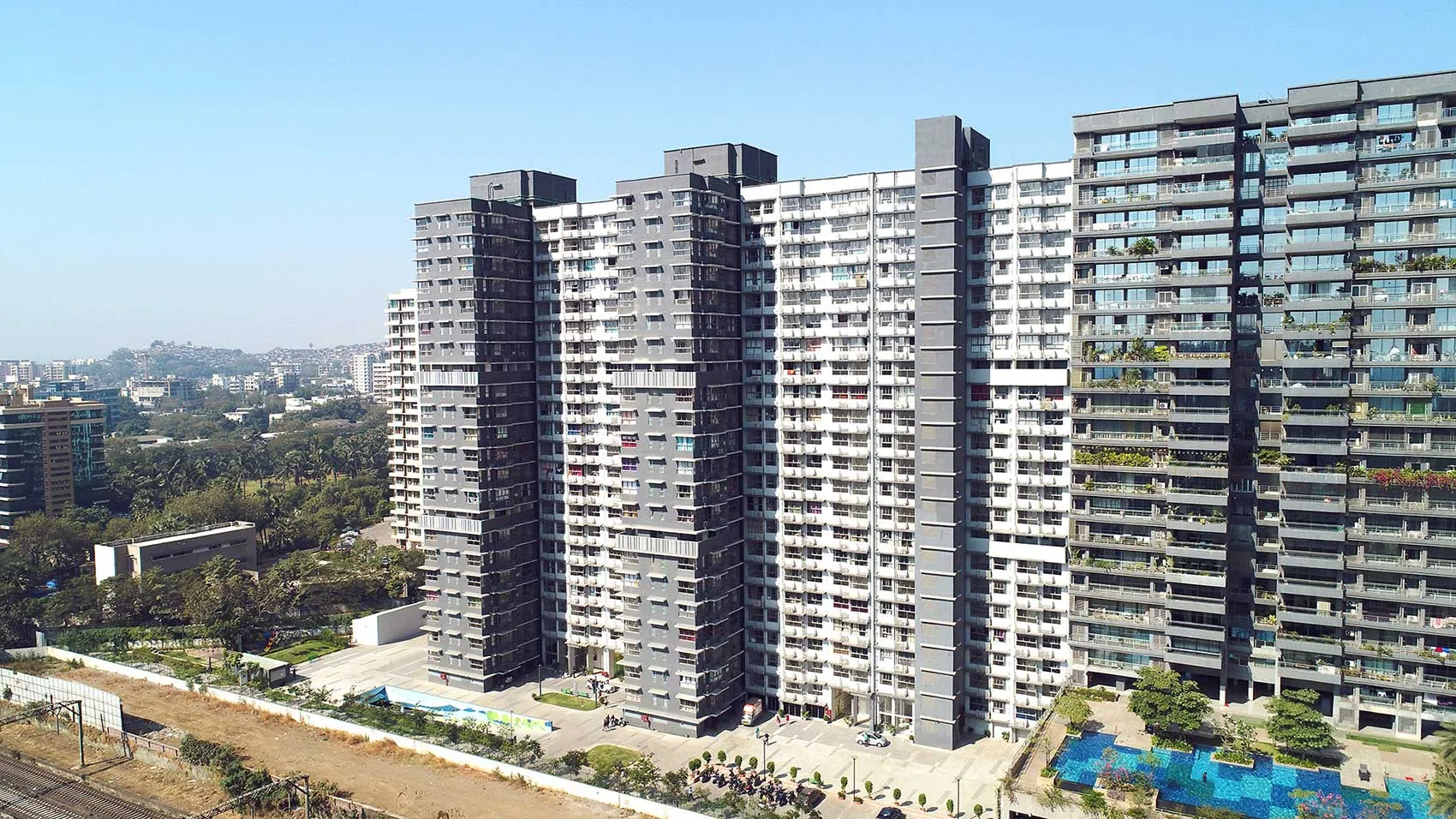
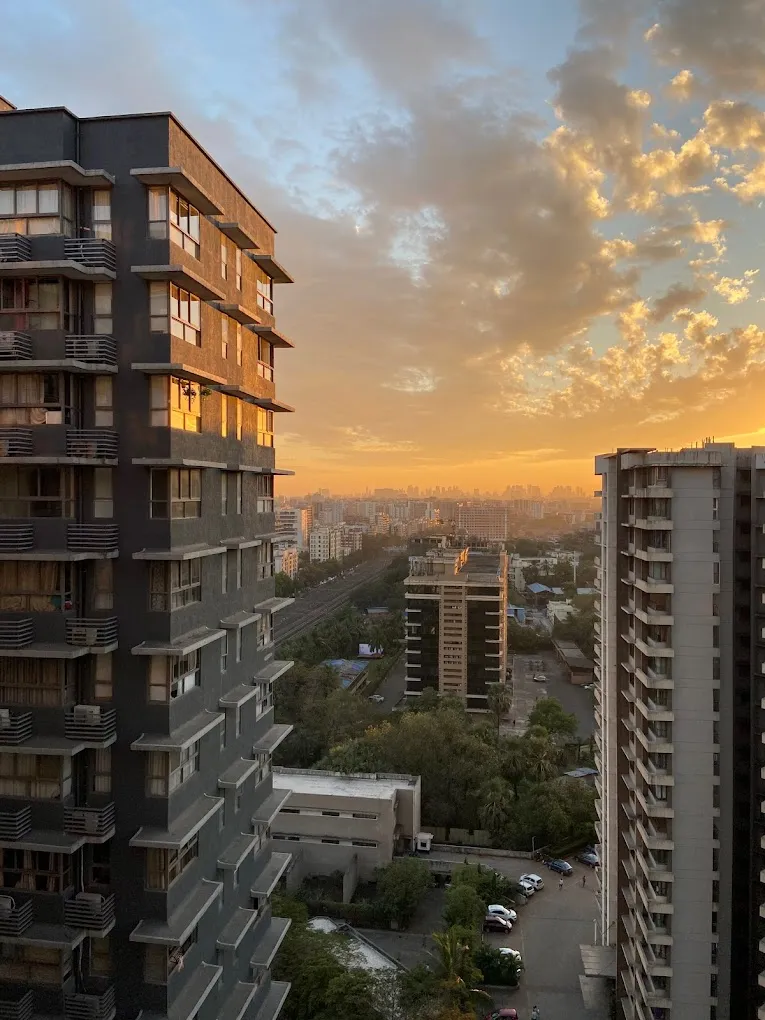
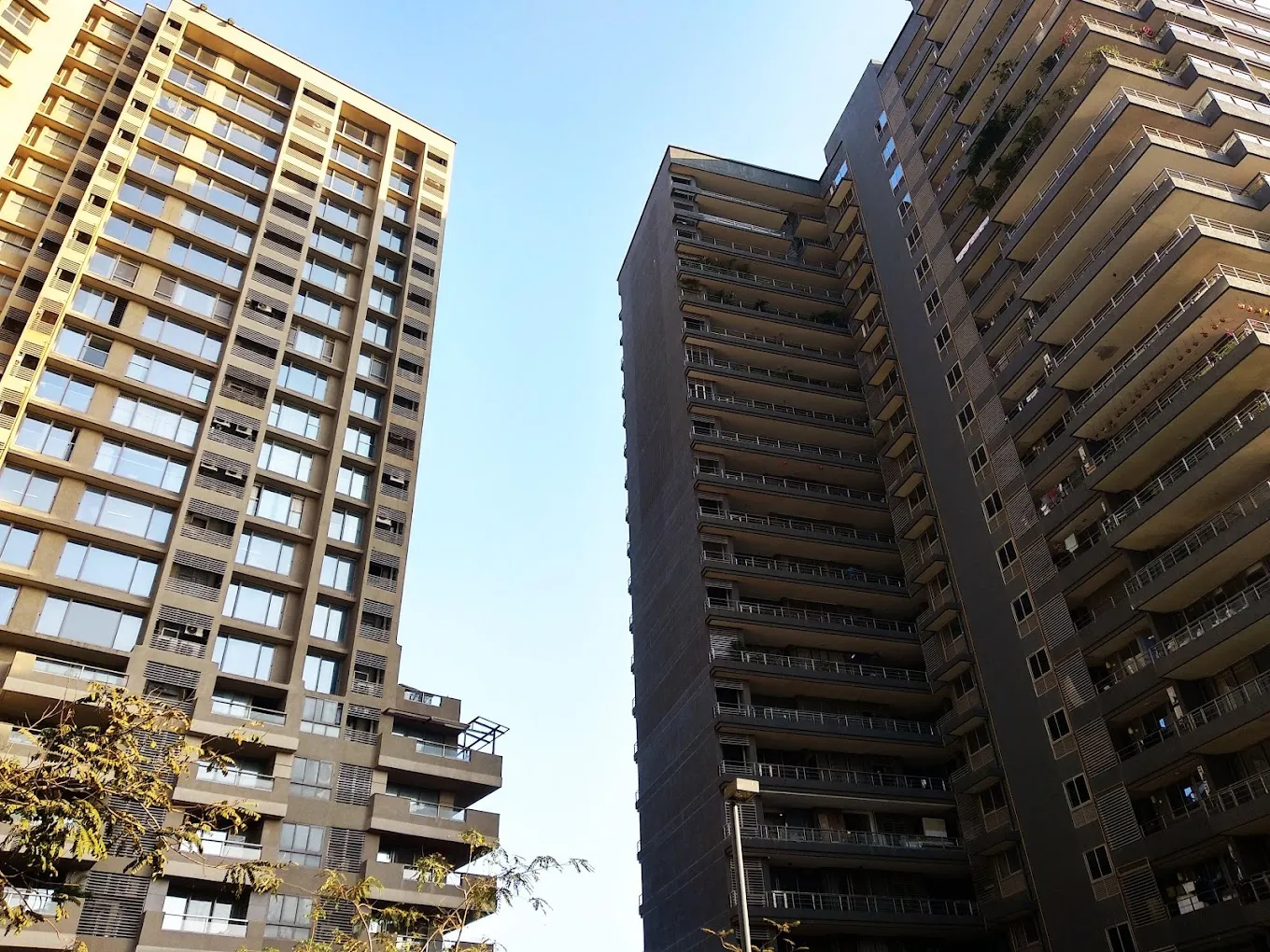
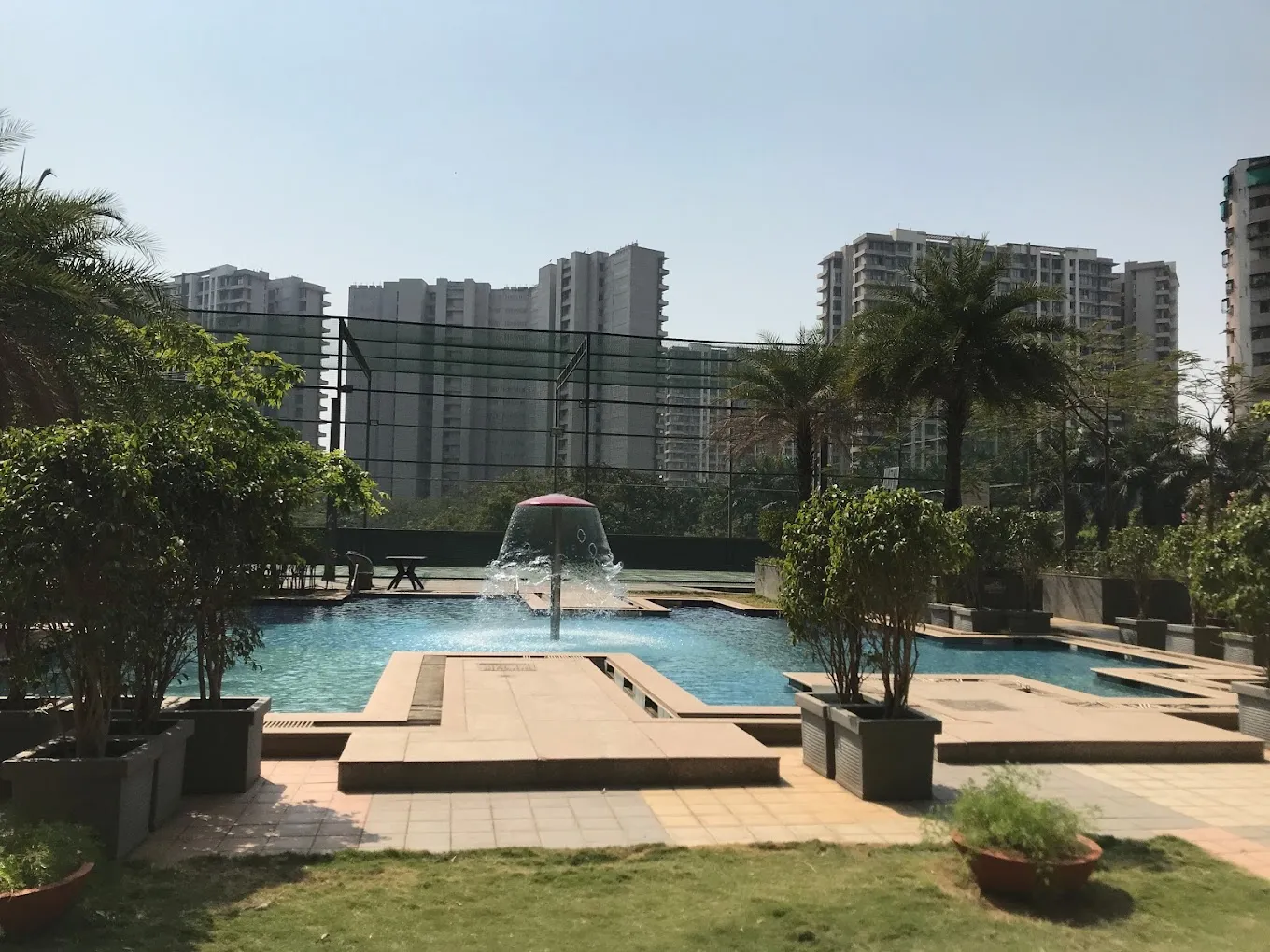
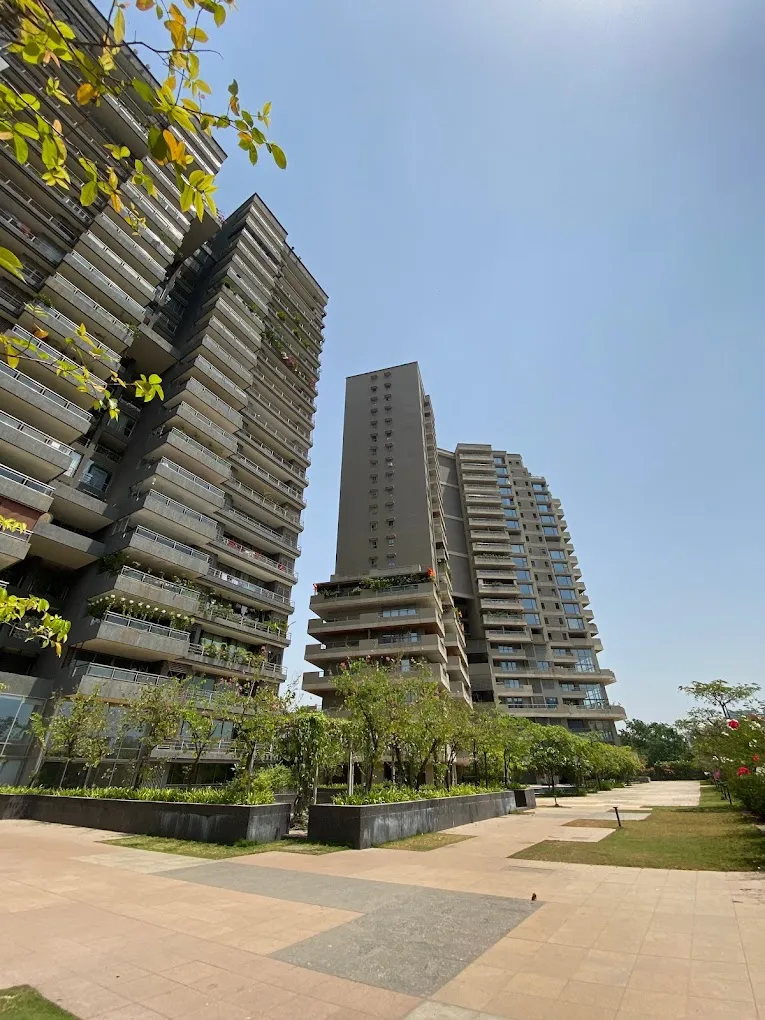
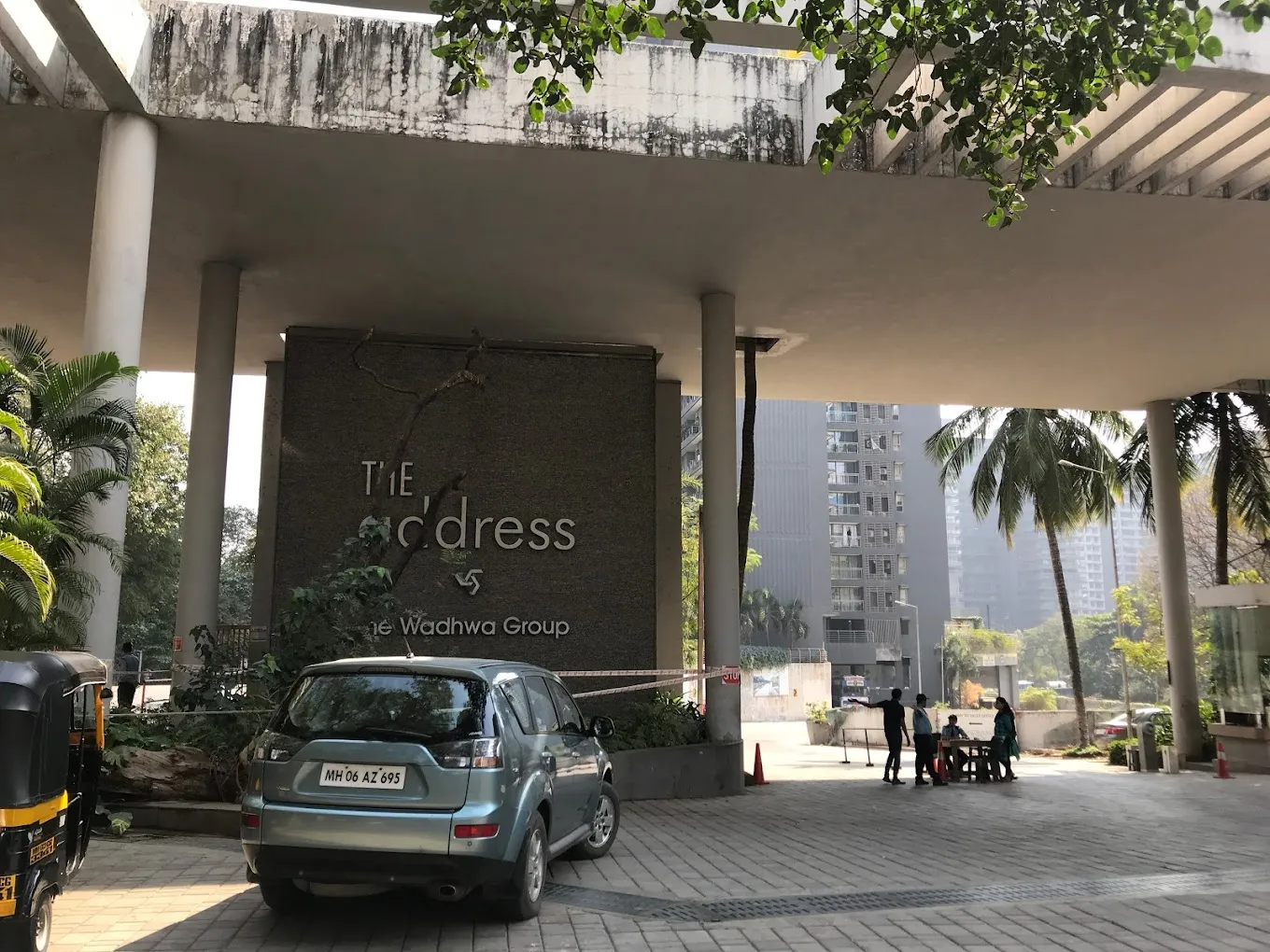
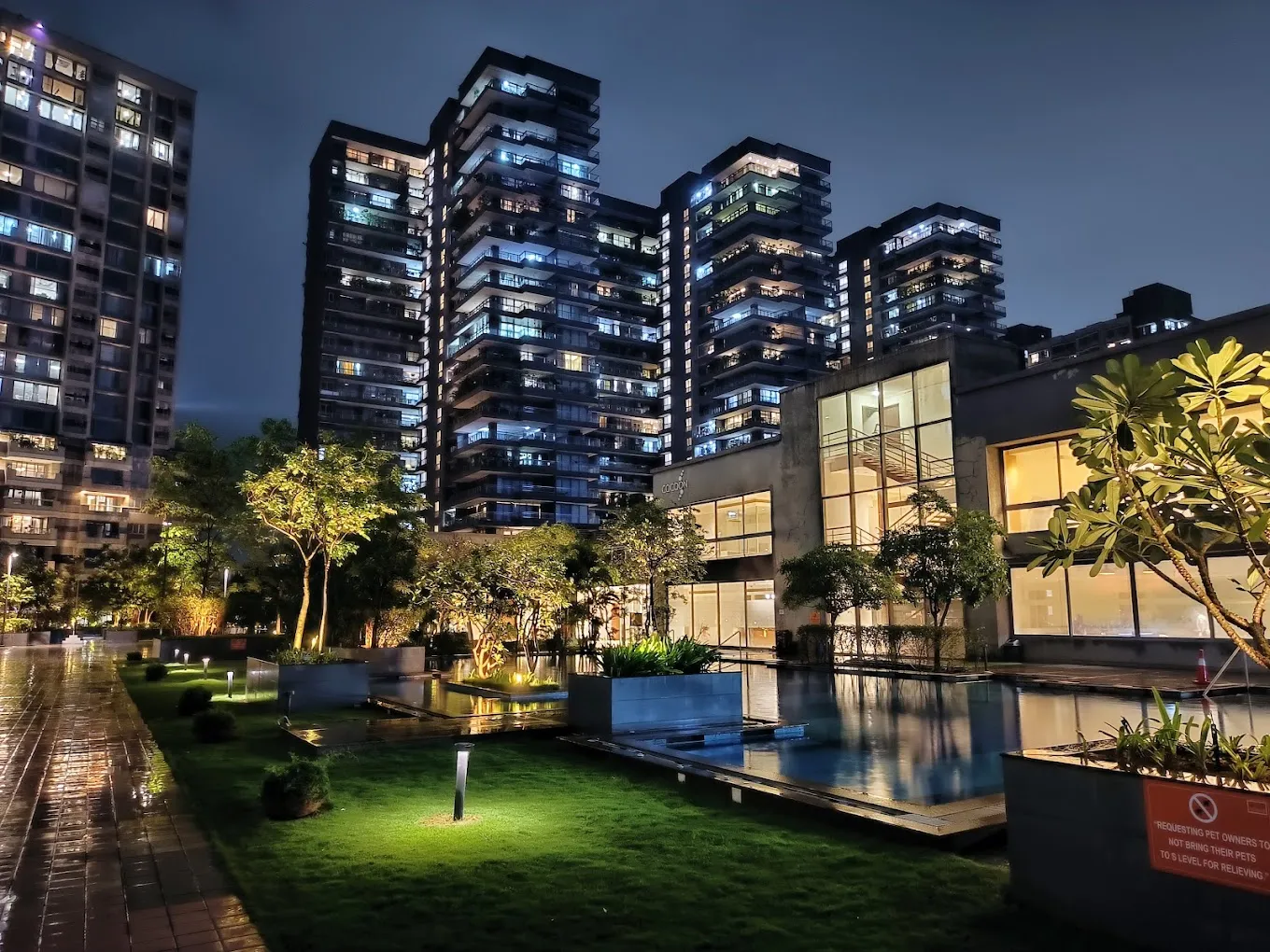
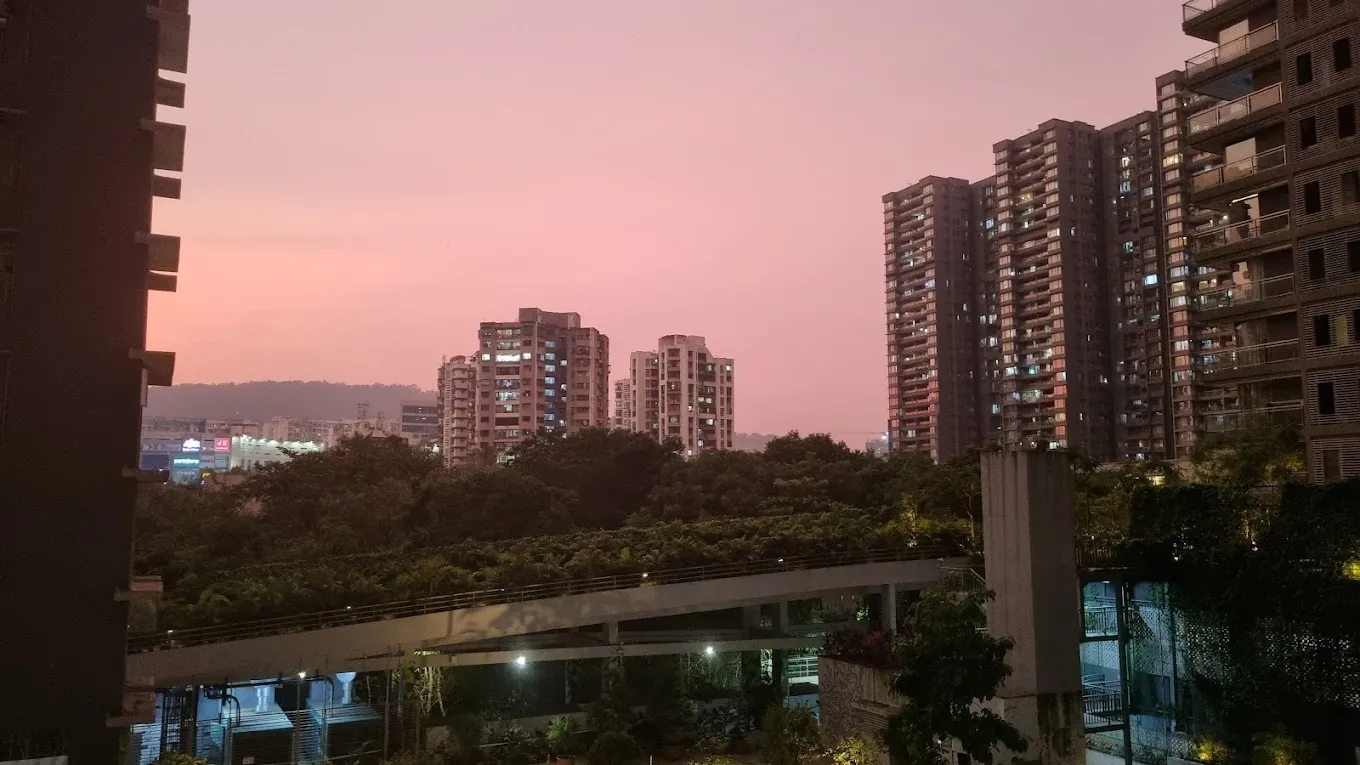
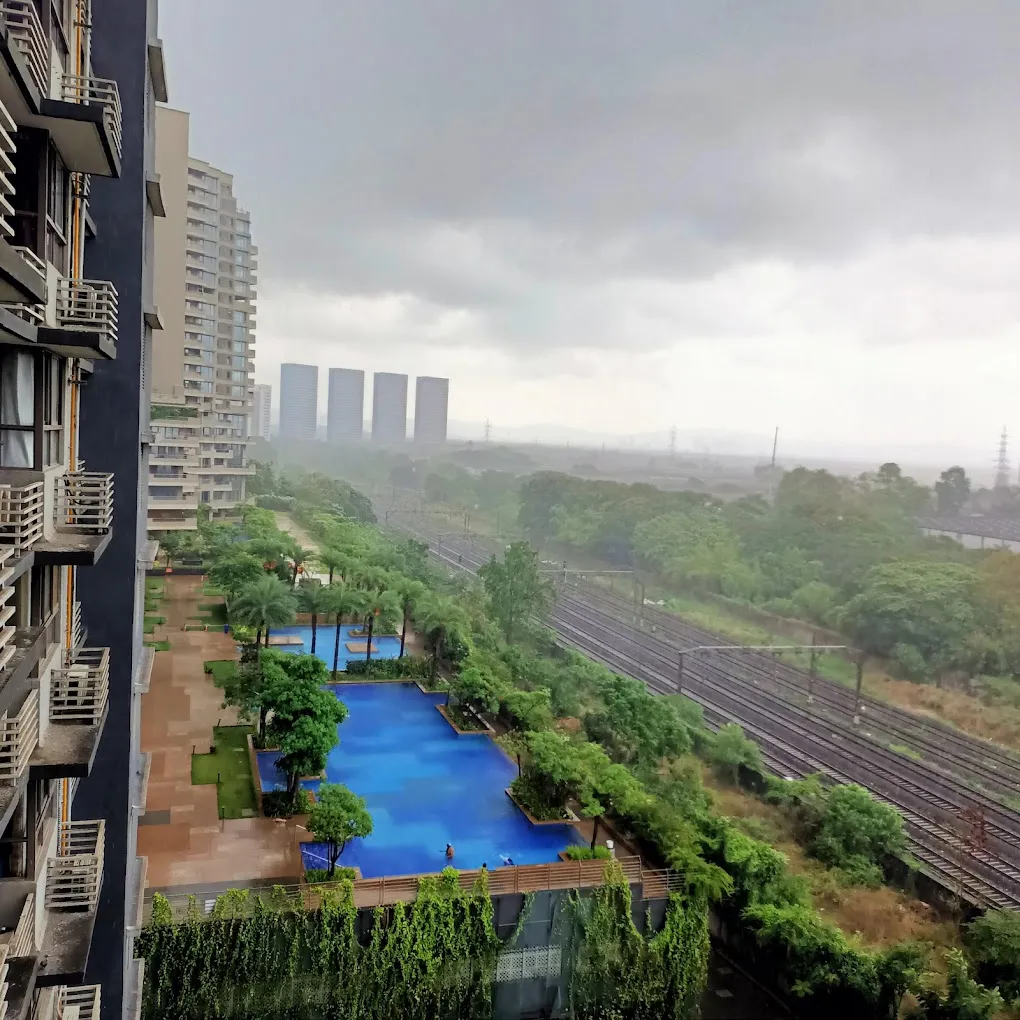
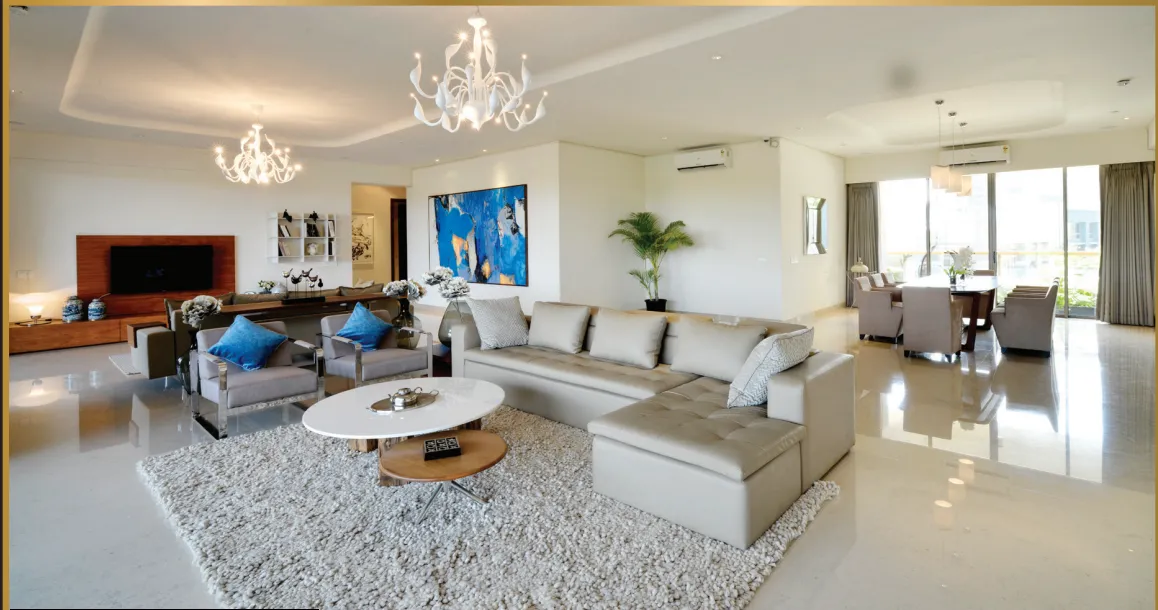
EMI Starting : ₹ 1,17,600

Wadhwa Group Holdings Pvt.Ltd.
|
Starting : |
₹ 1.75 Cr |
Mumbai Eastern Suburbs , Mumbai
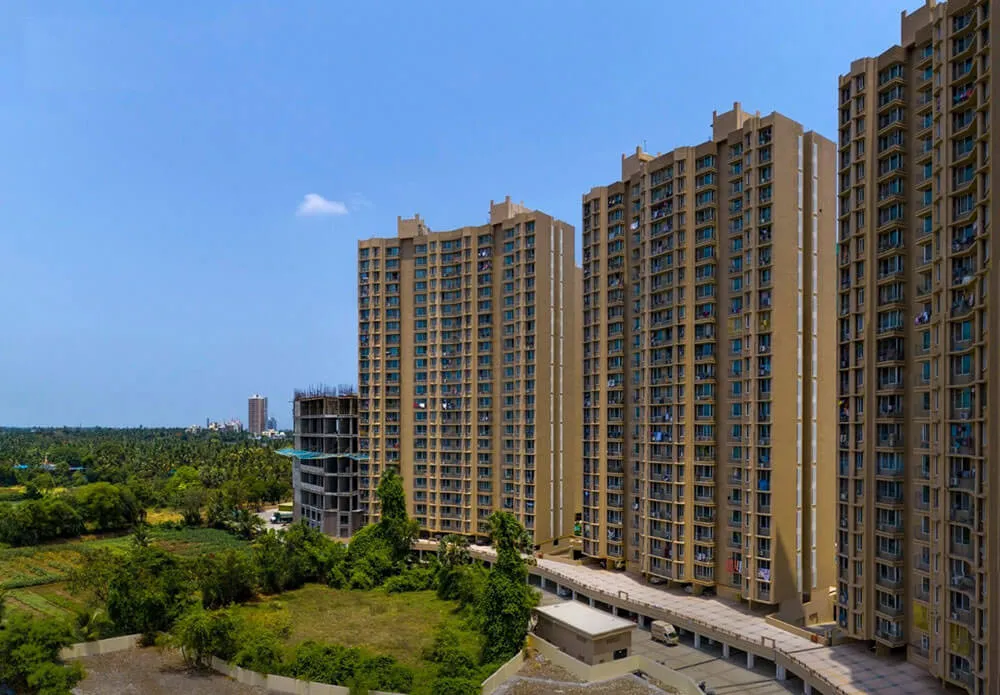
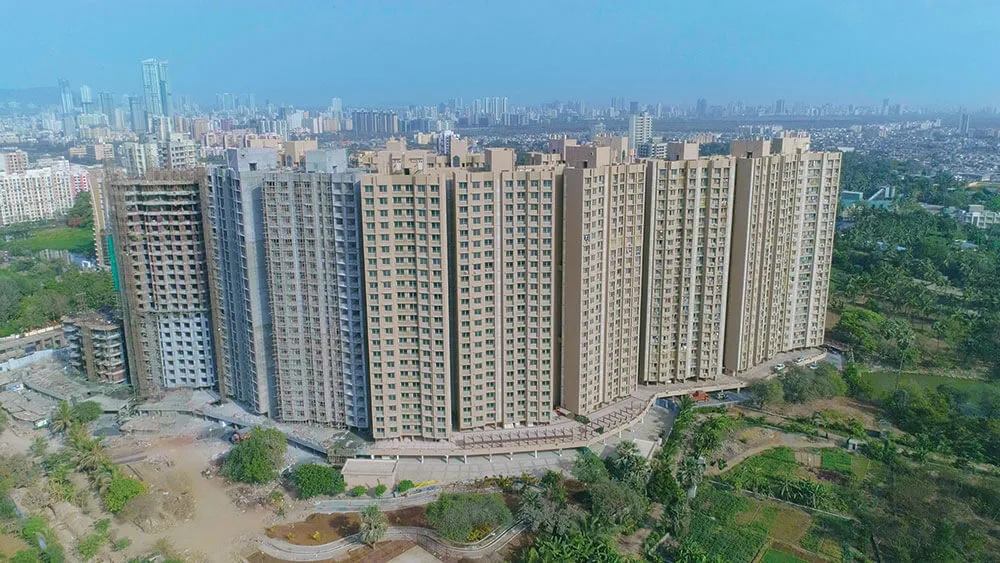
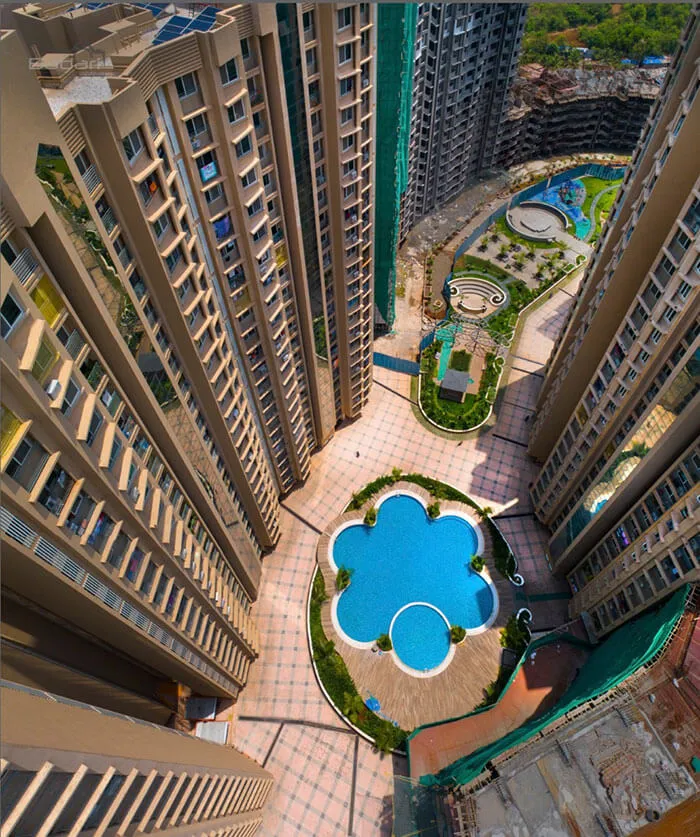
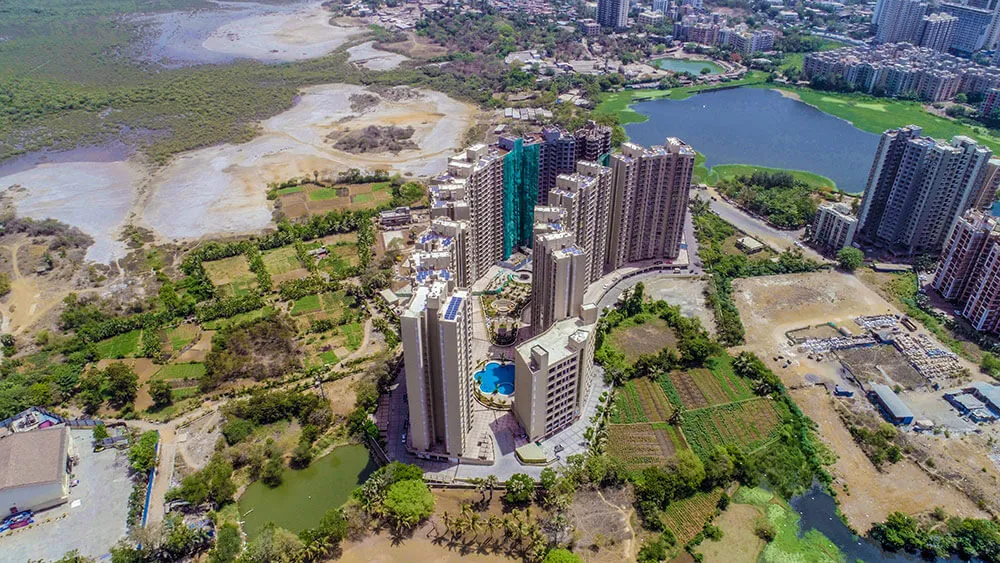
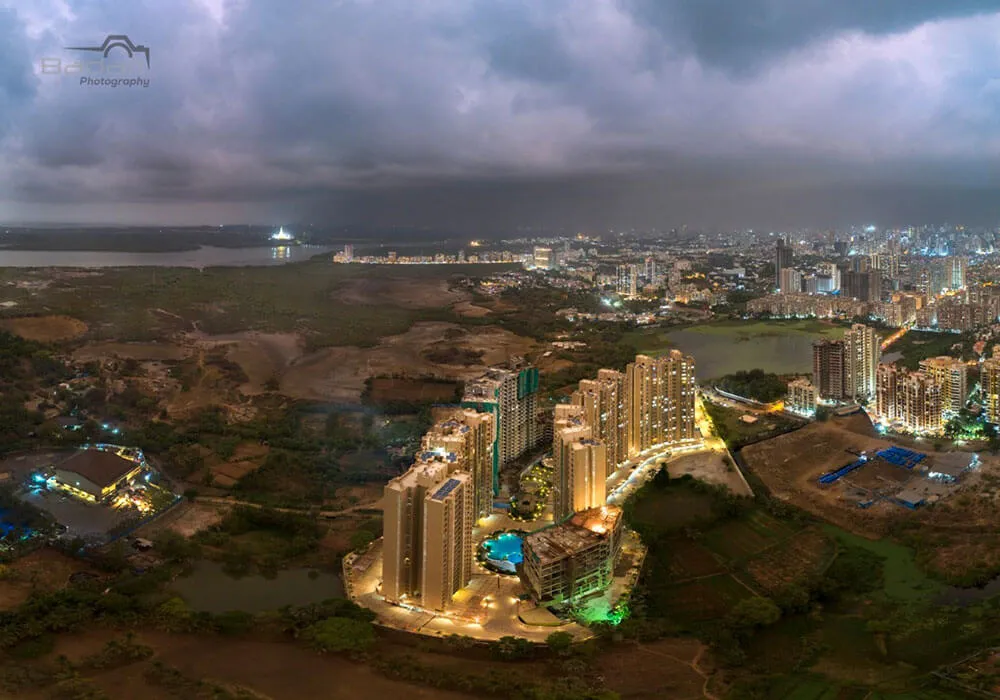
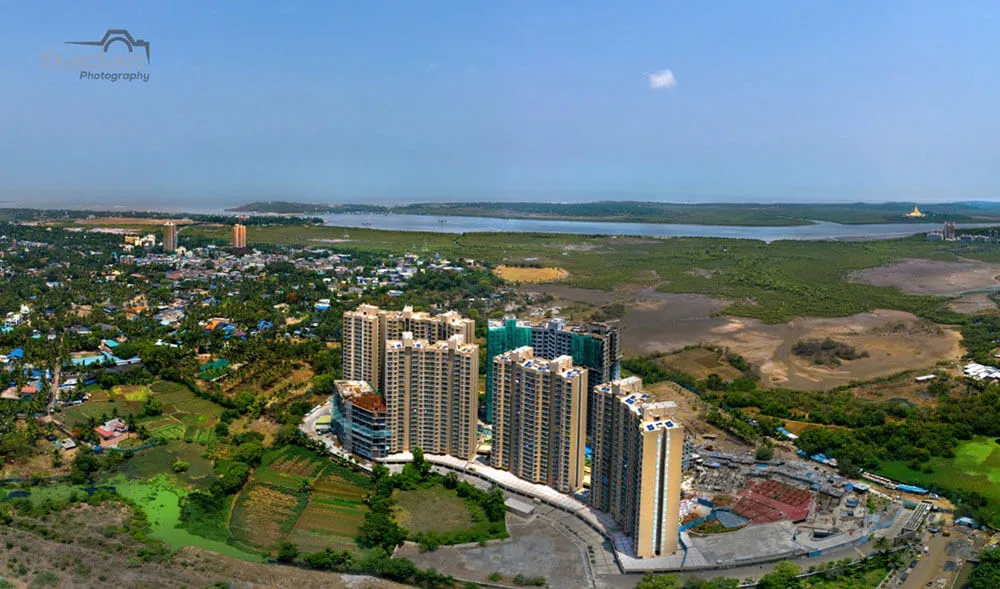
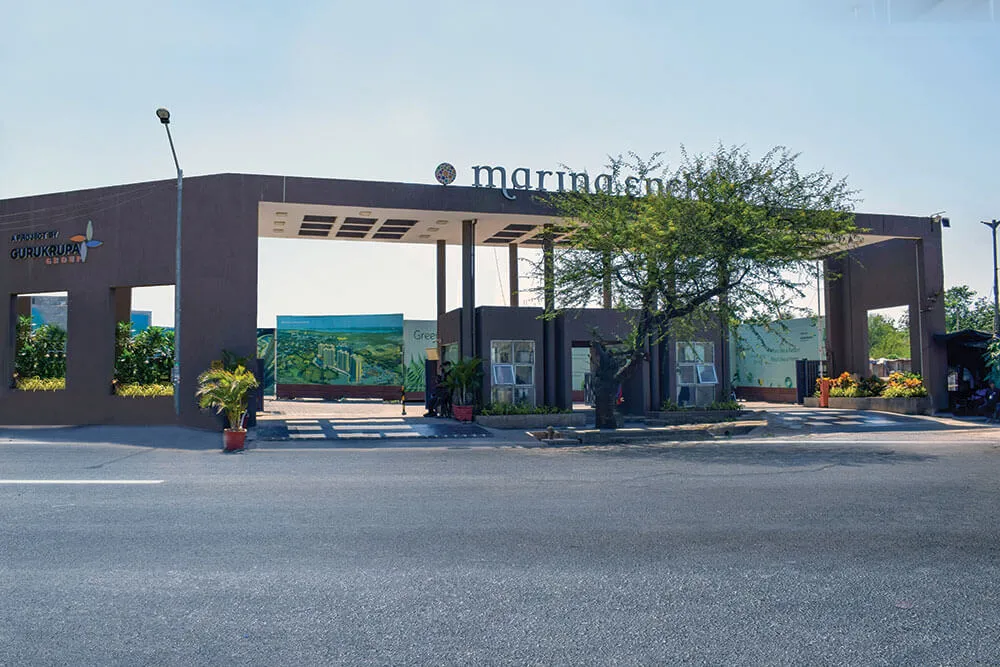
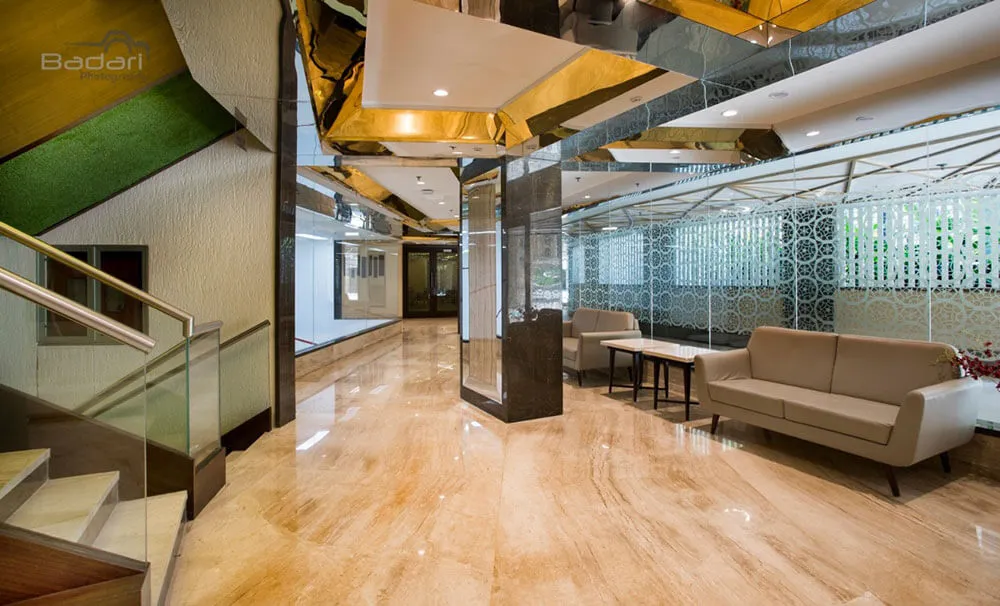
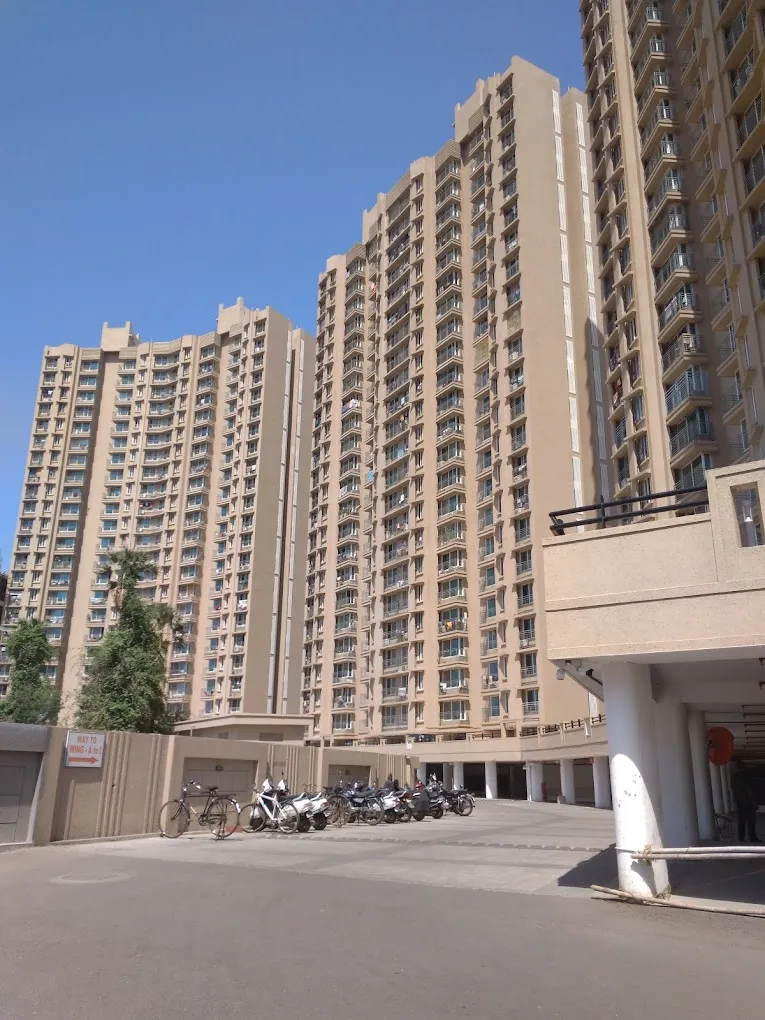
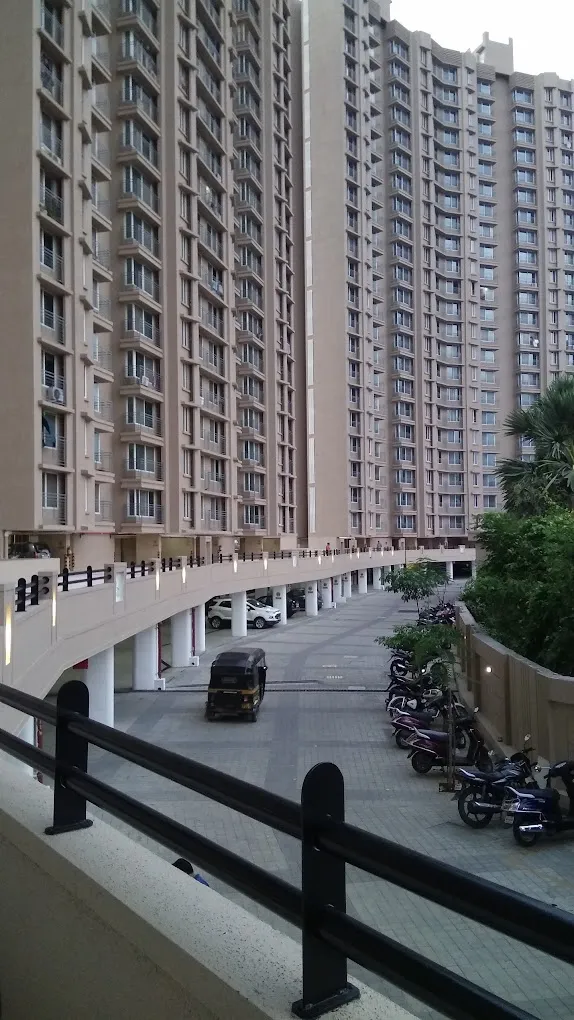
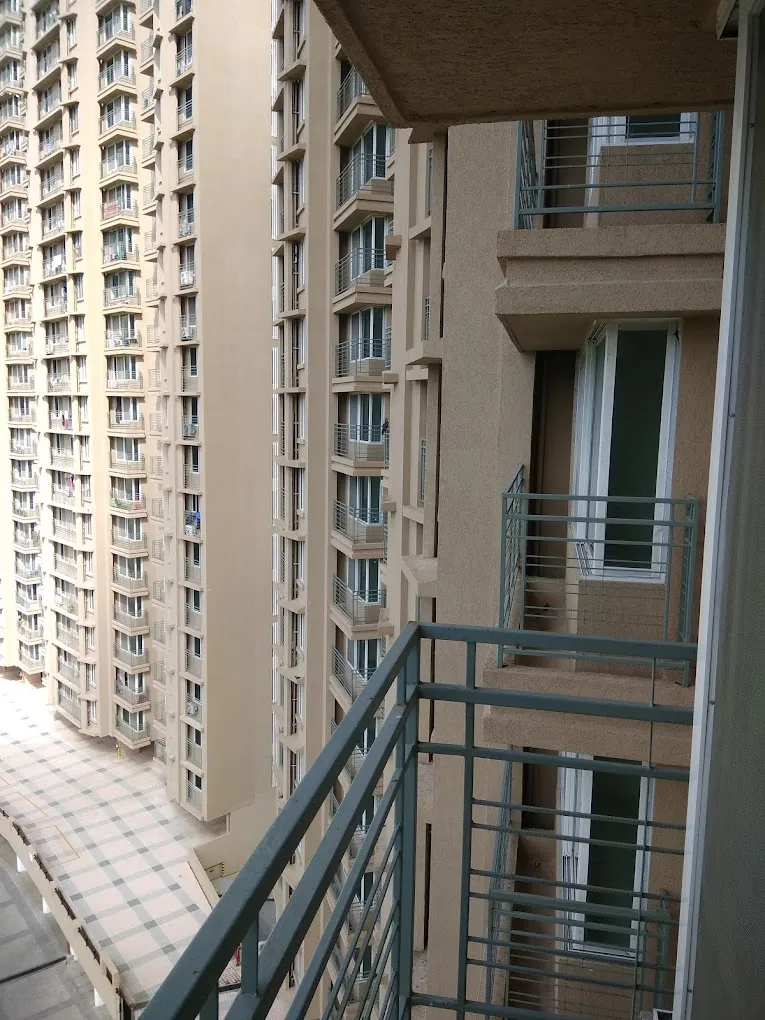
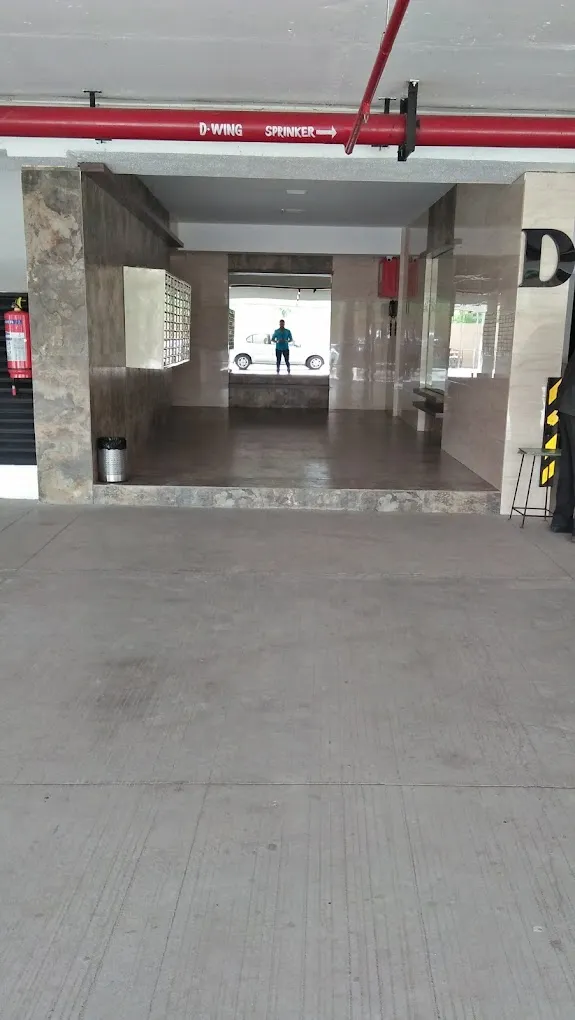
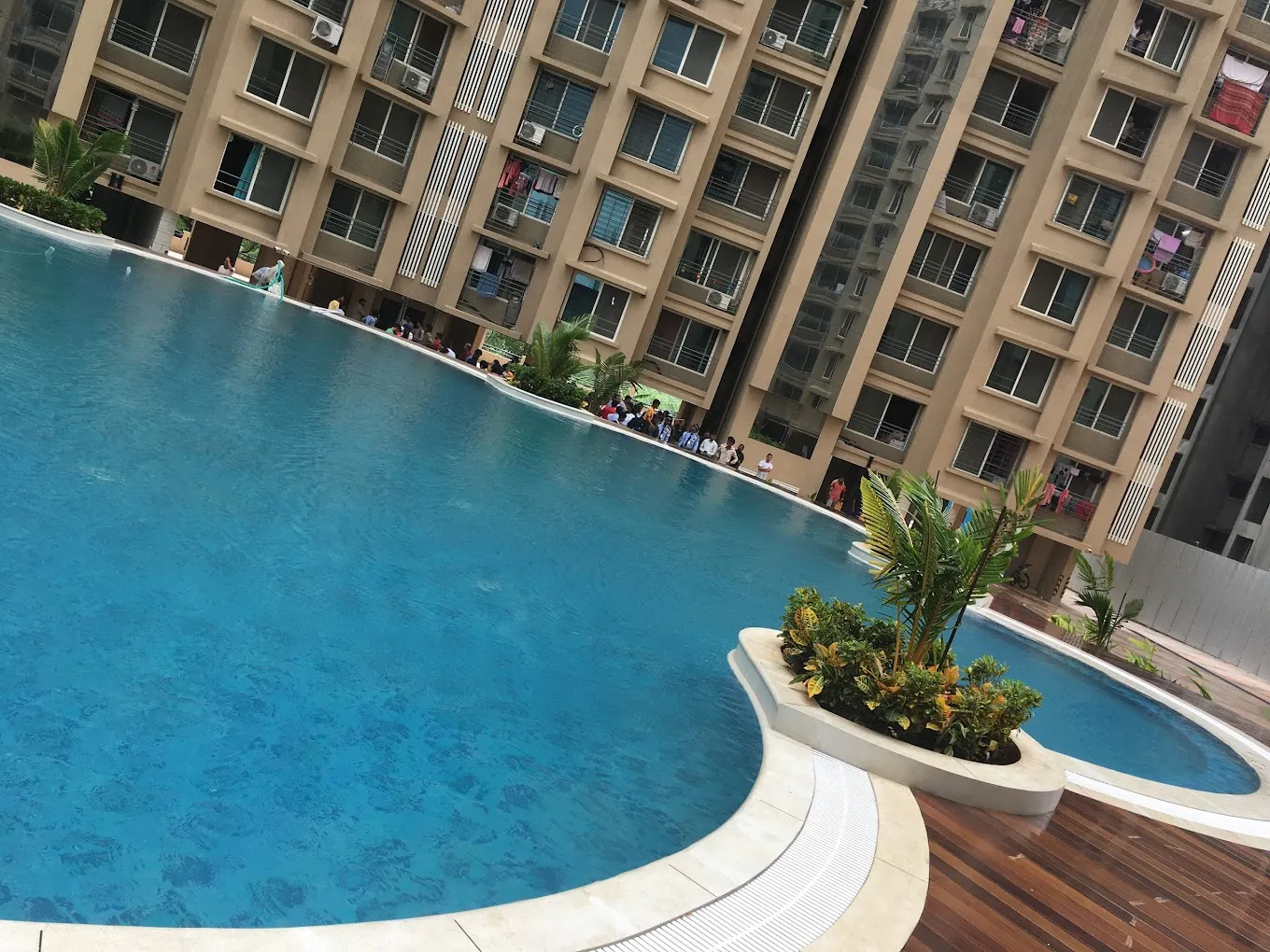
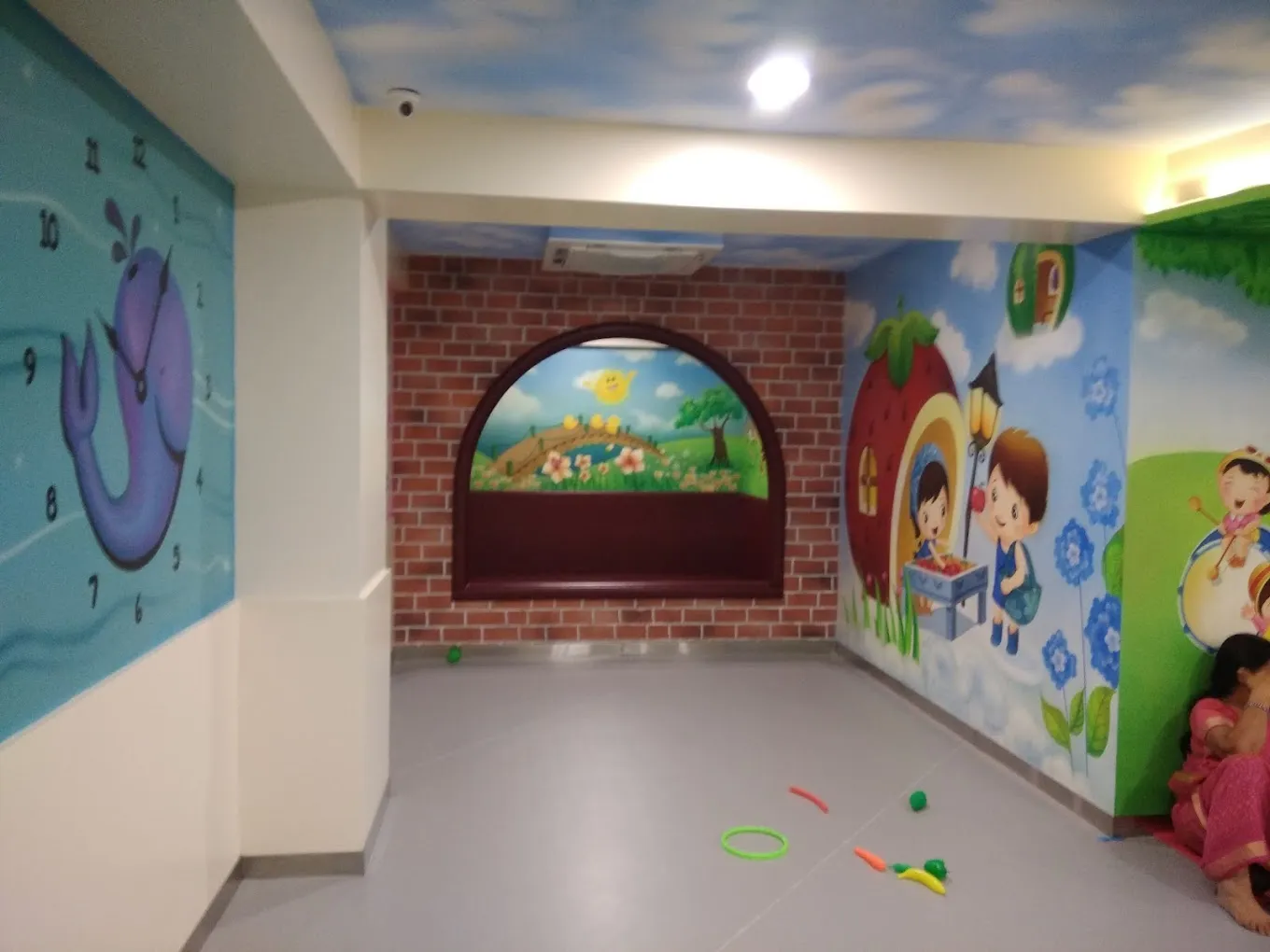
EMI Starting : ₹ 1,17,600

Gurukrupa Group
|
Starting : |
₹ 1.75 Cr |
Mumbai Western Suburbs , Mumbai
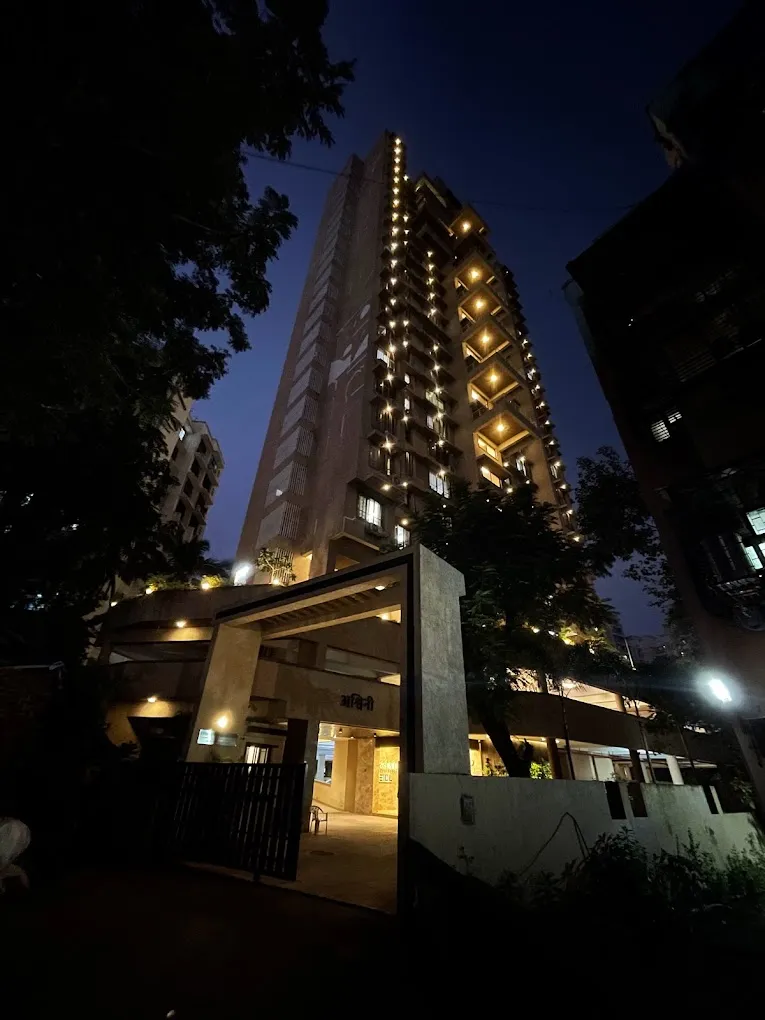
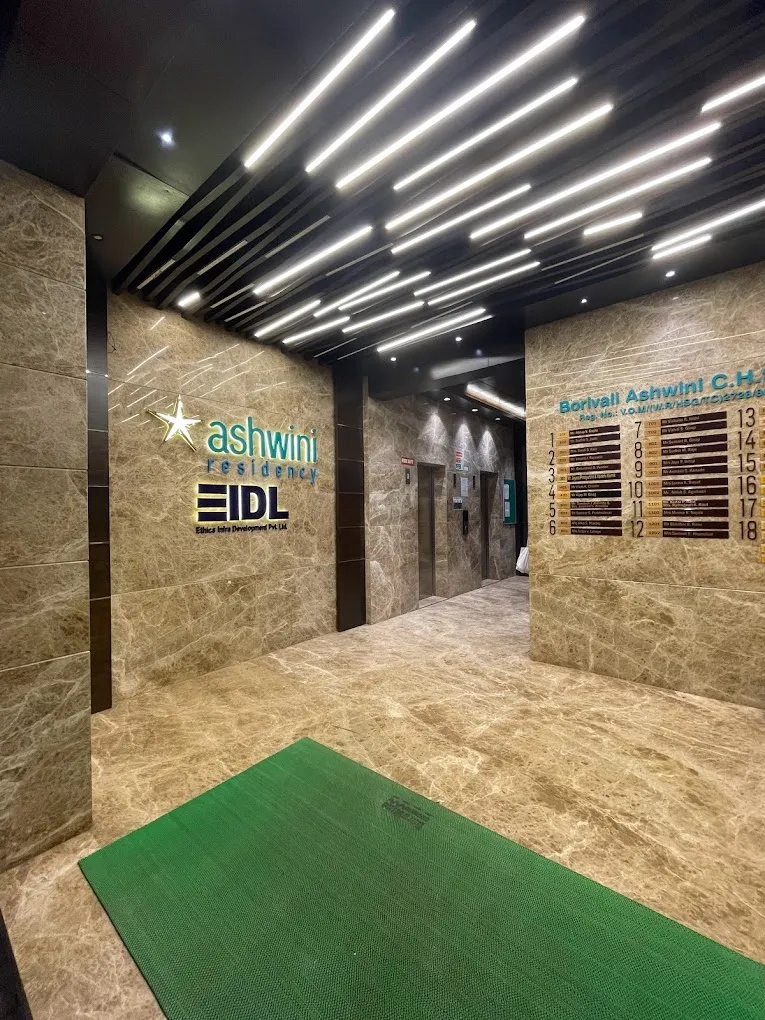
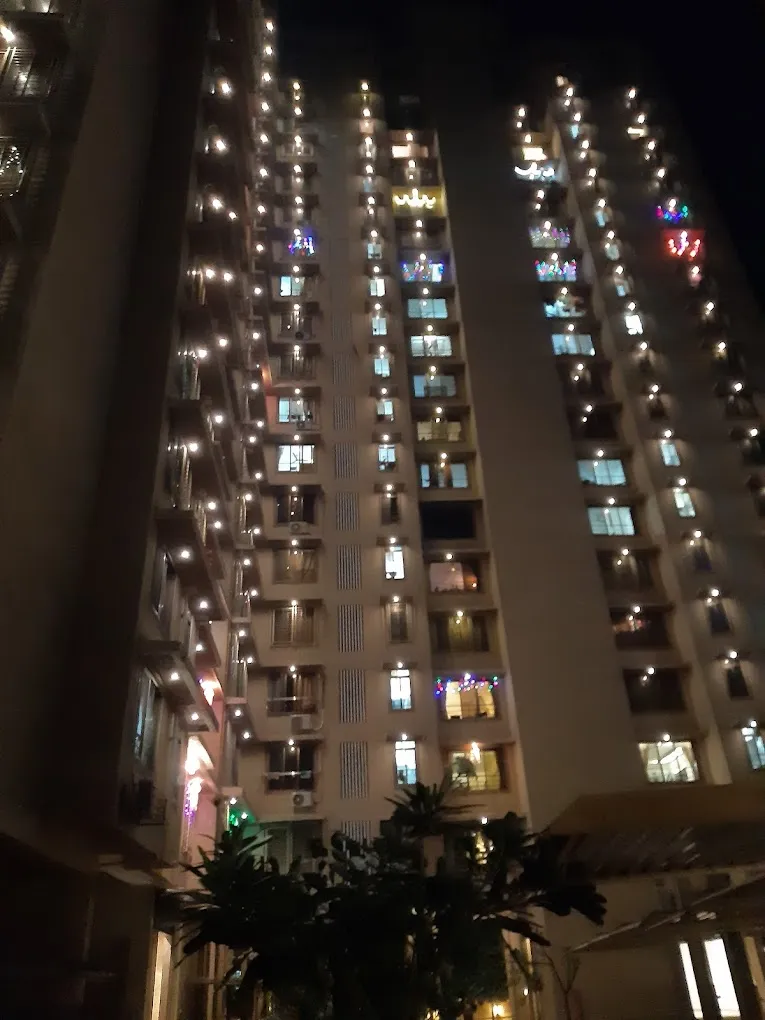
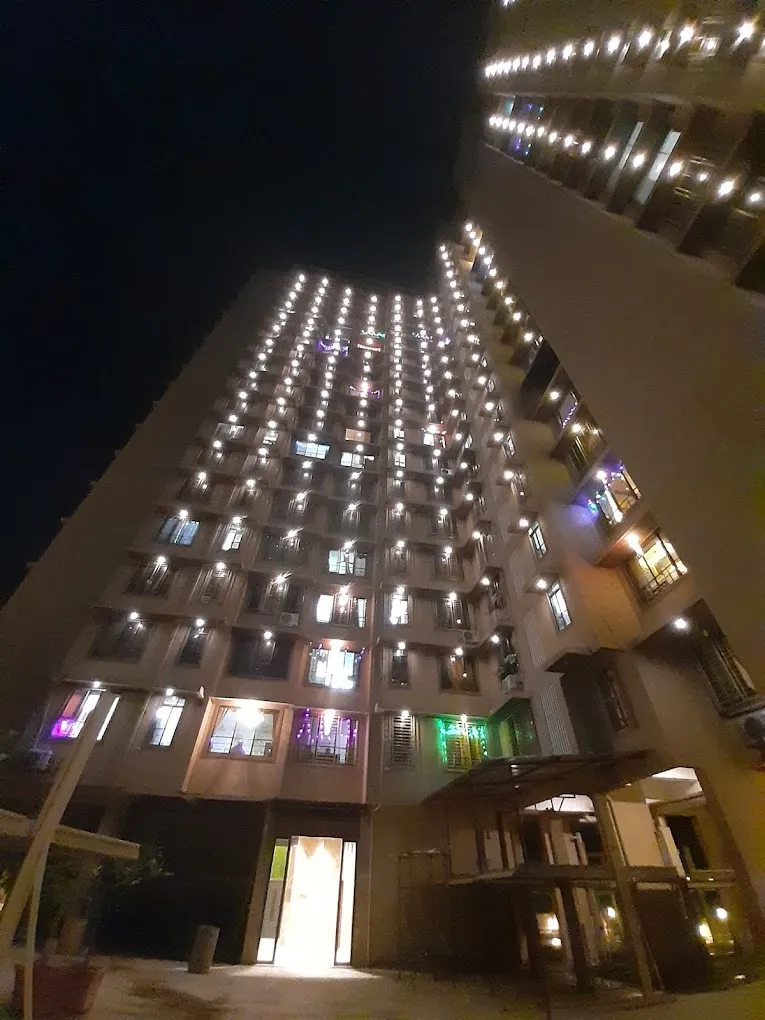
EMI Starting : ₹ 1,81,440

Chaitanya Group
|
Starting : |
₹ 2.7 Cr |
Mumbai Western Suburbs , Mumbai

Municipal Corporation of Greater Mumbai, Head Quarter, Mumbai C.S.T.
400001
https://portal.mcgm.gov.in/
918999228999